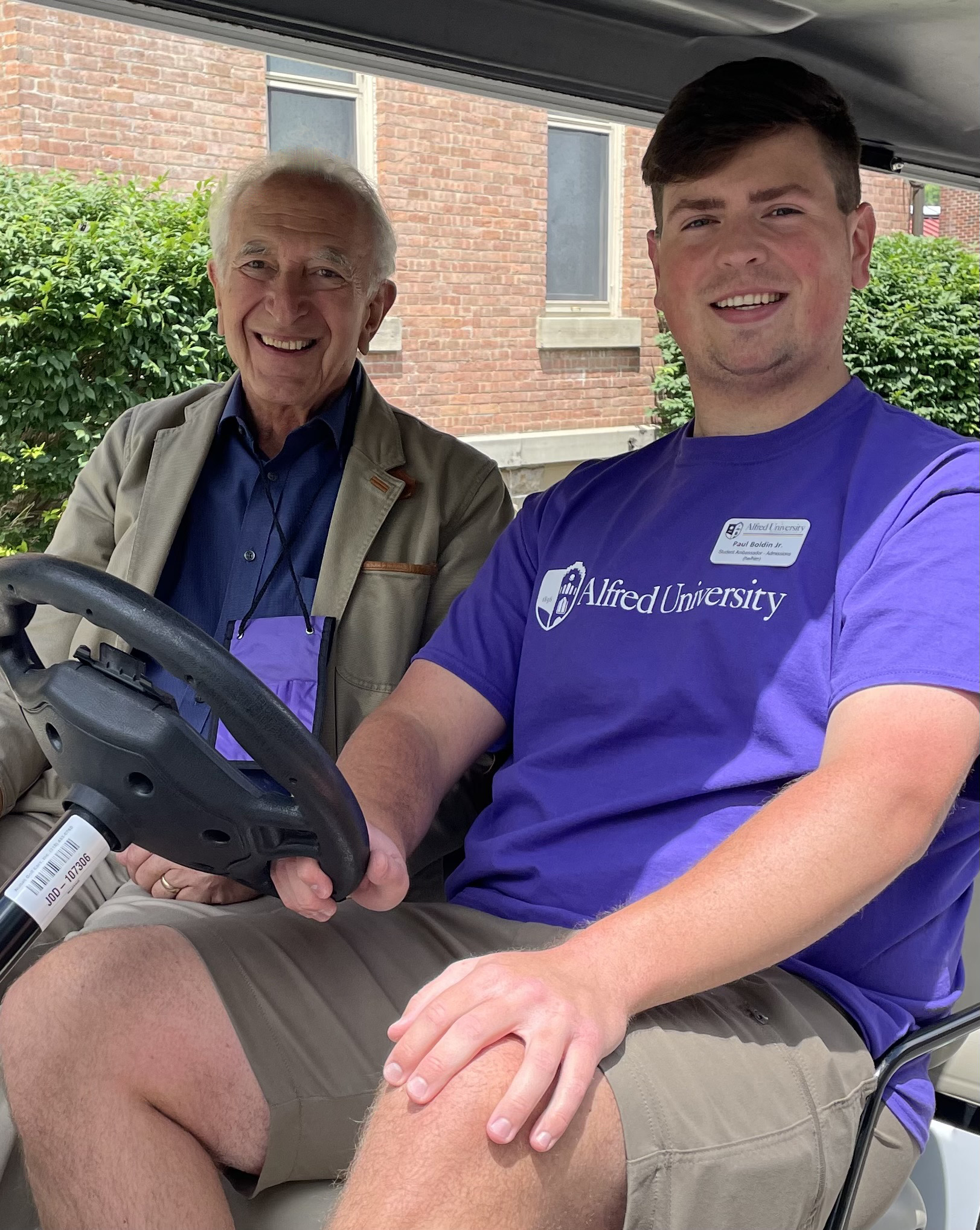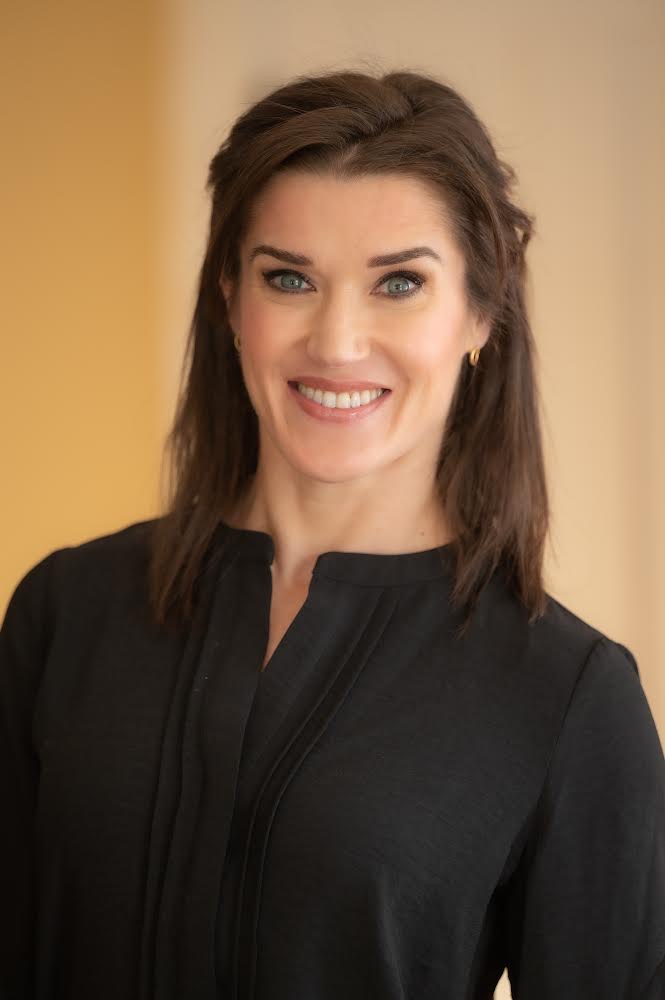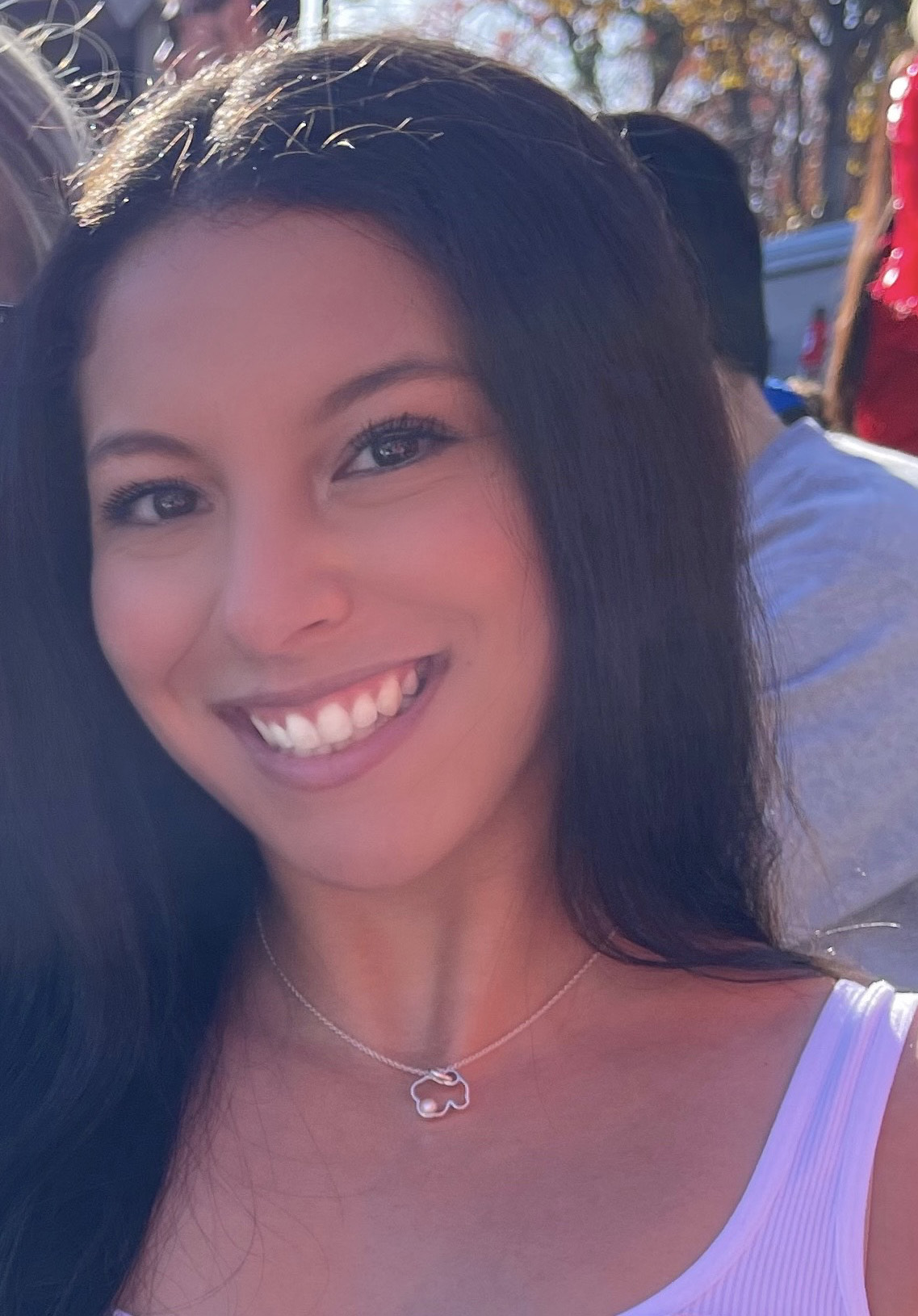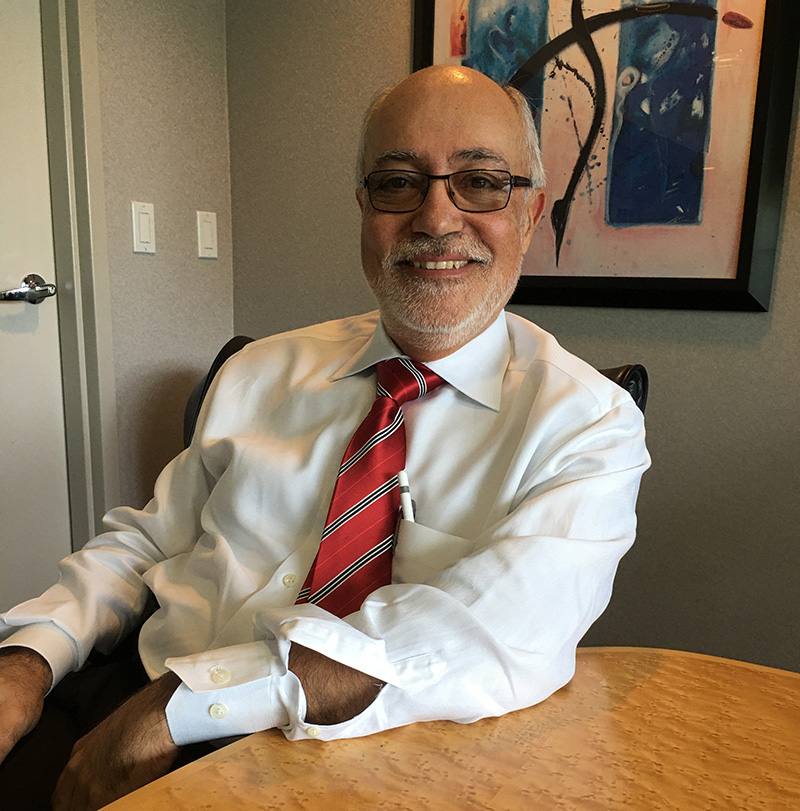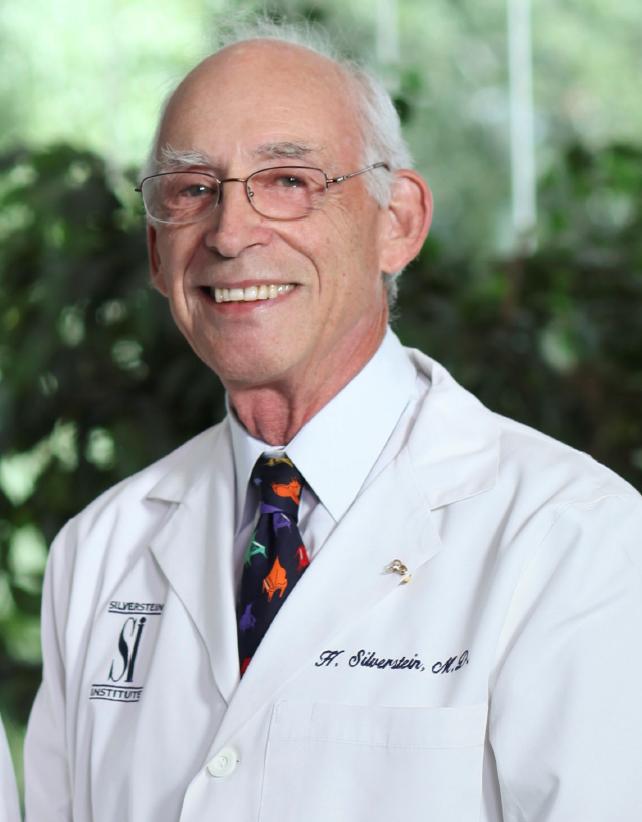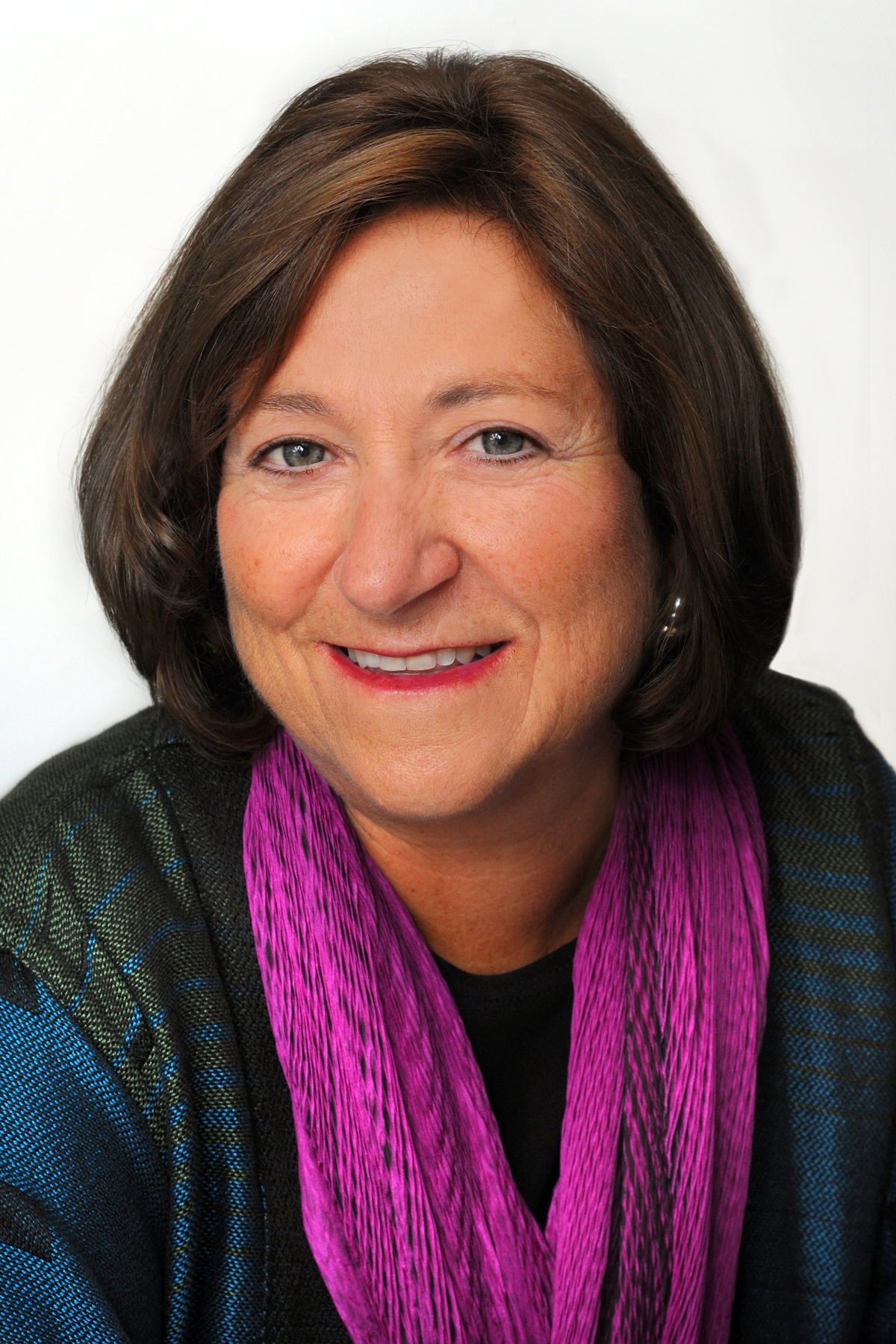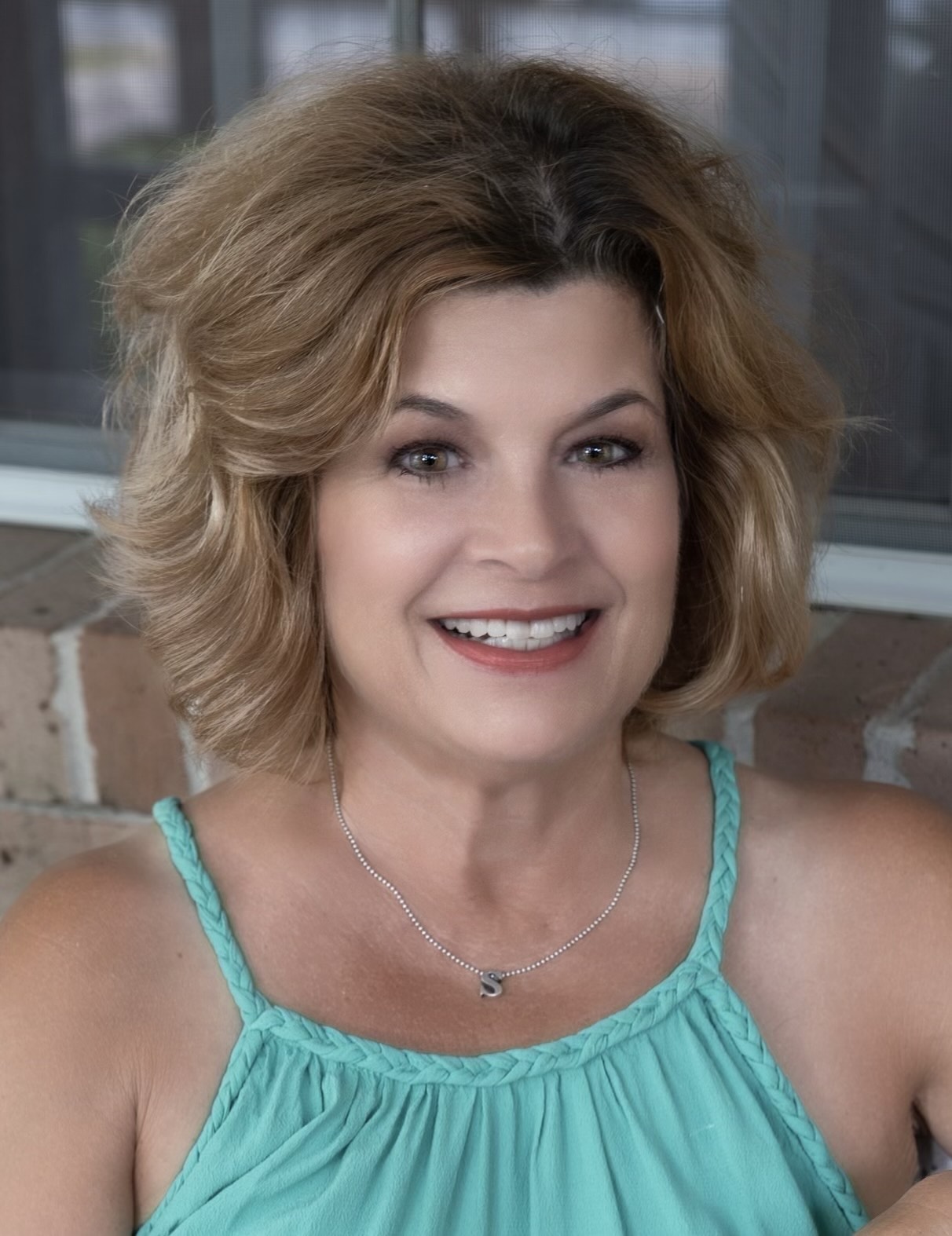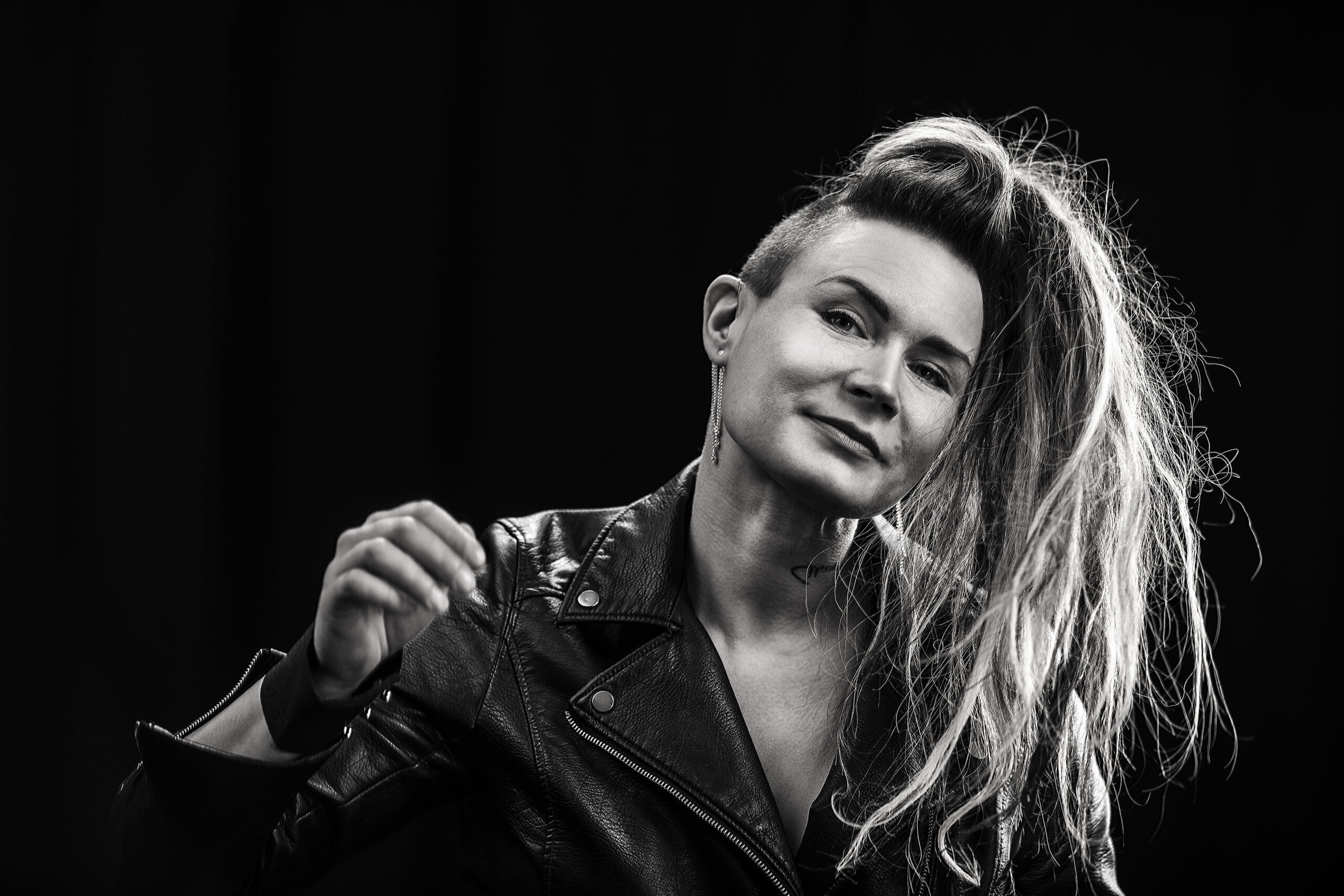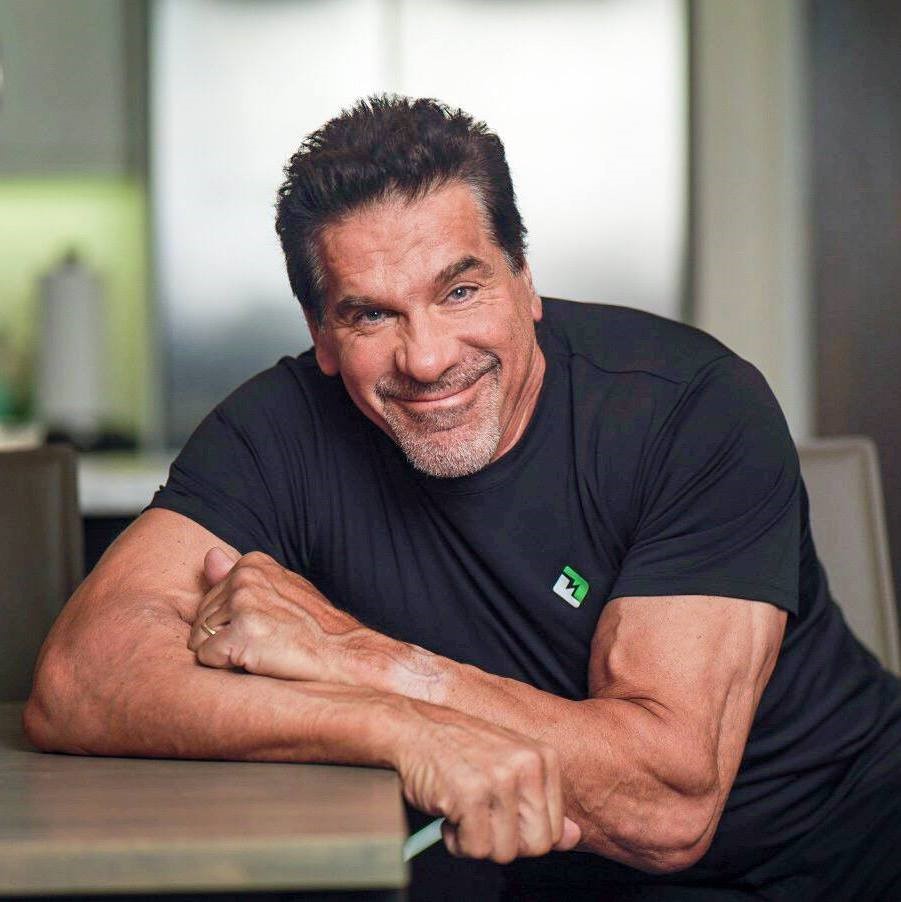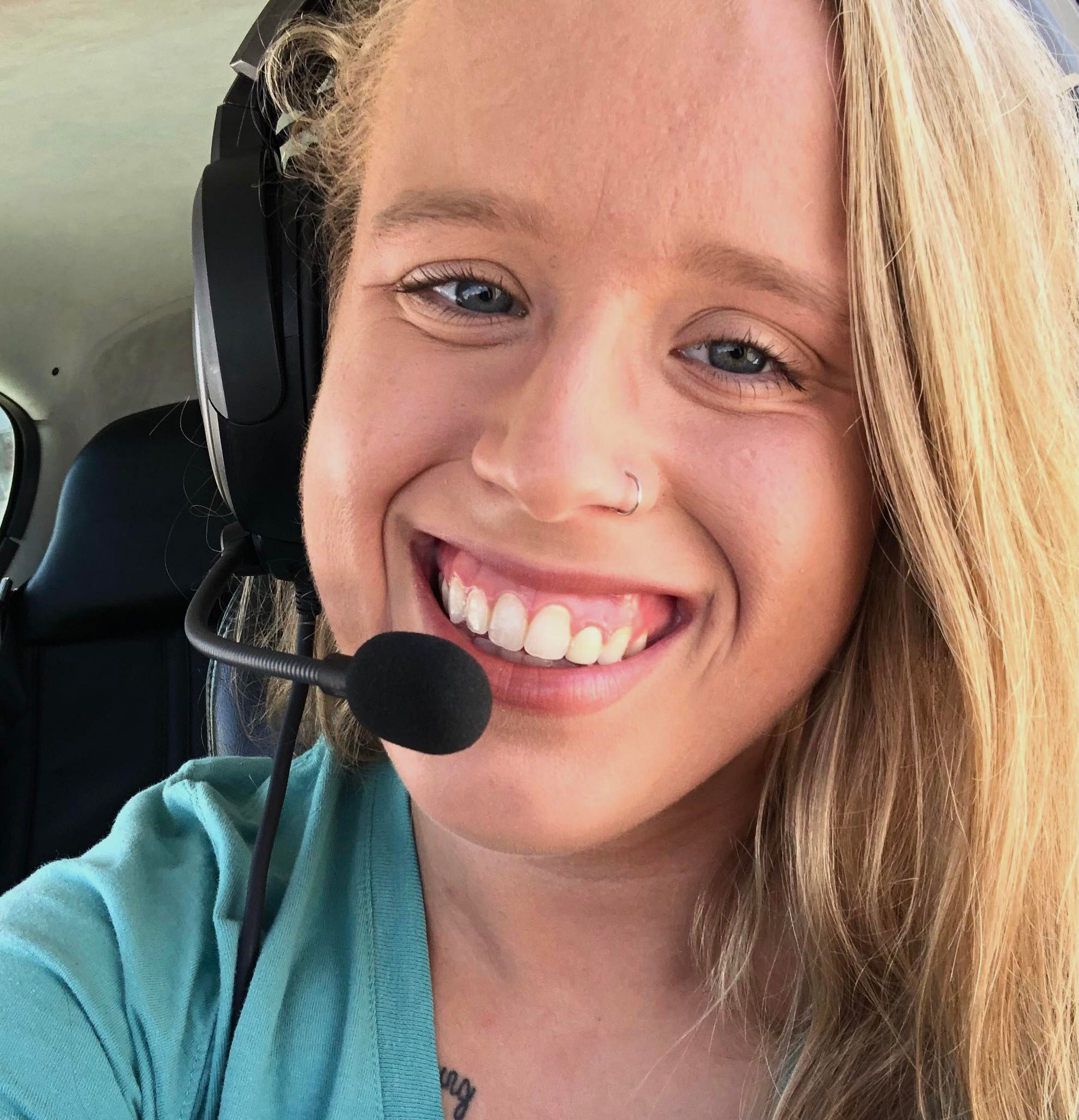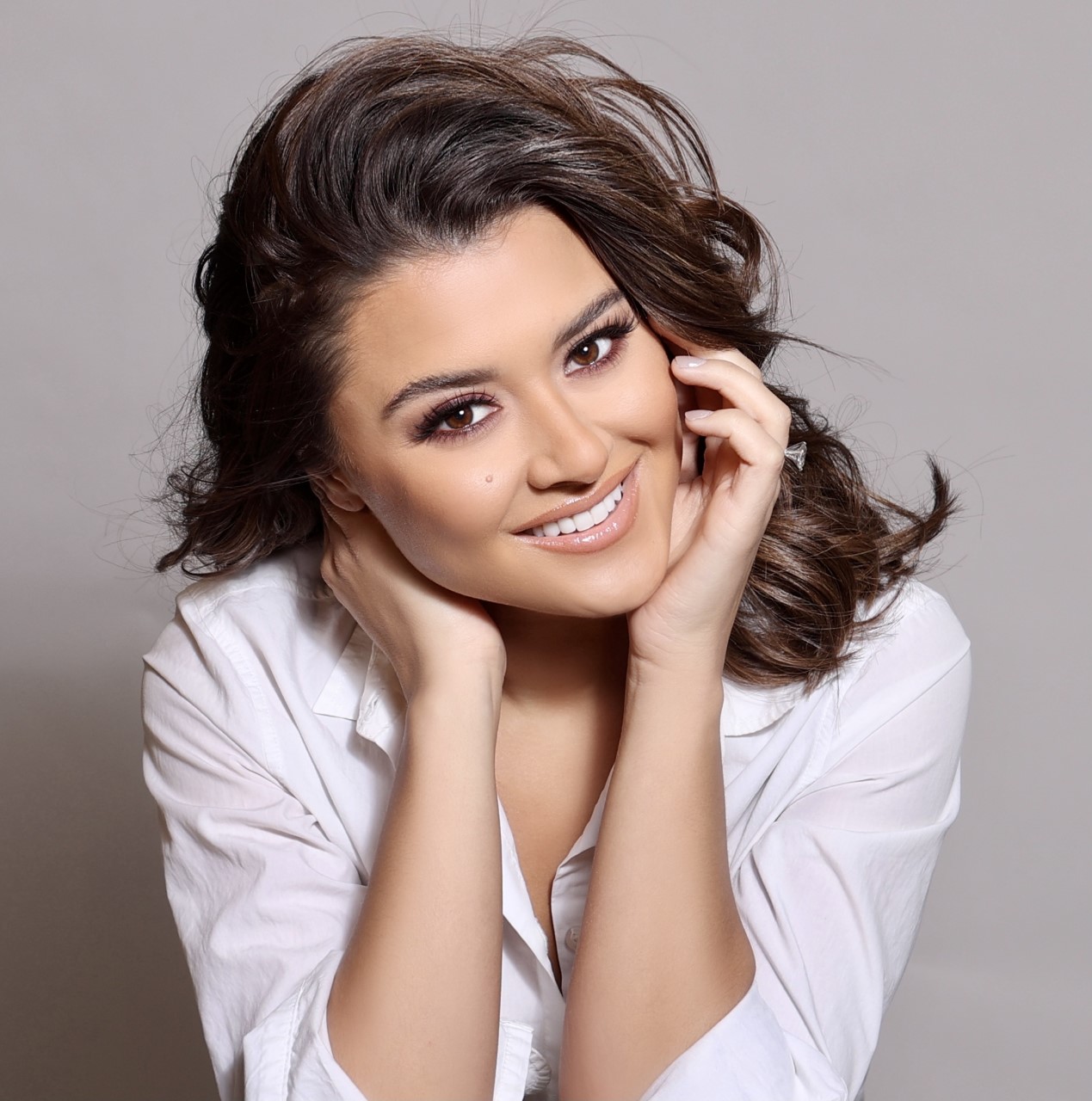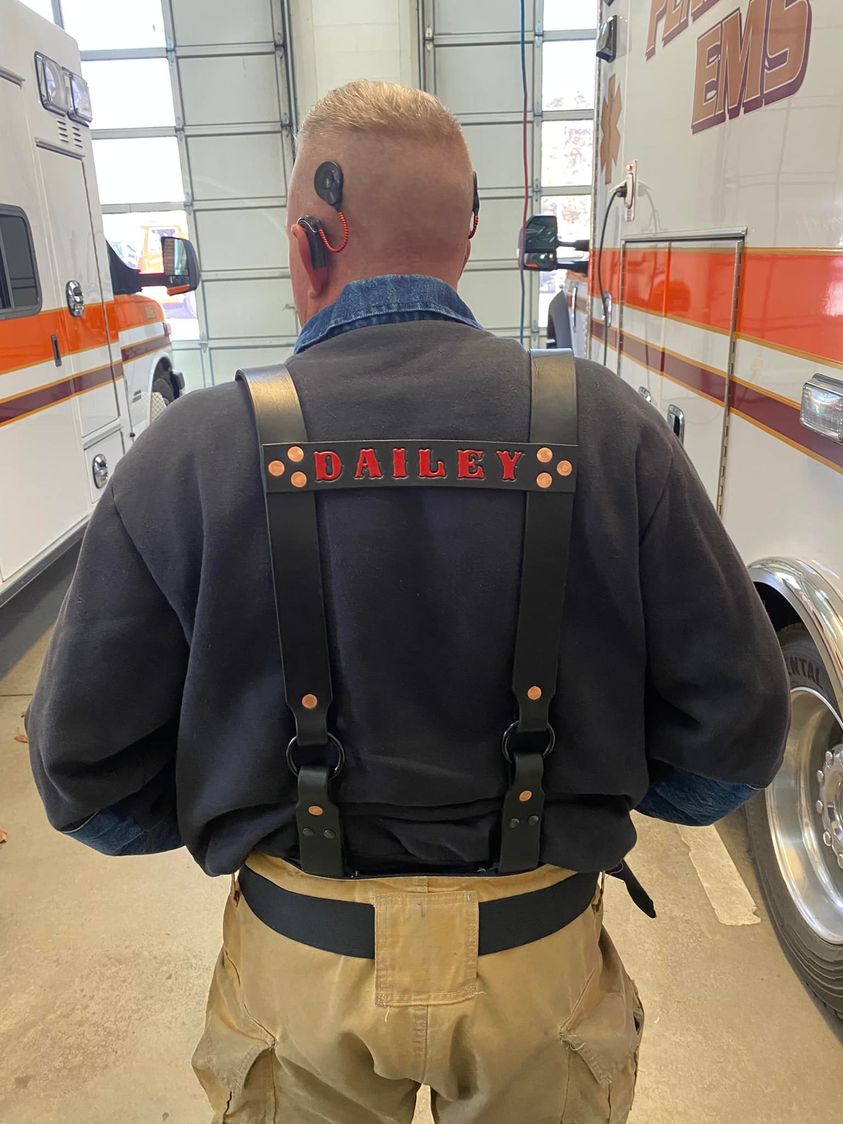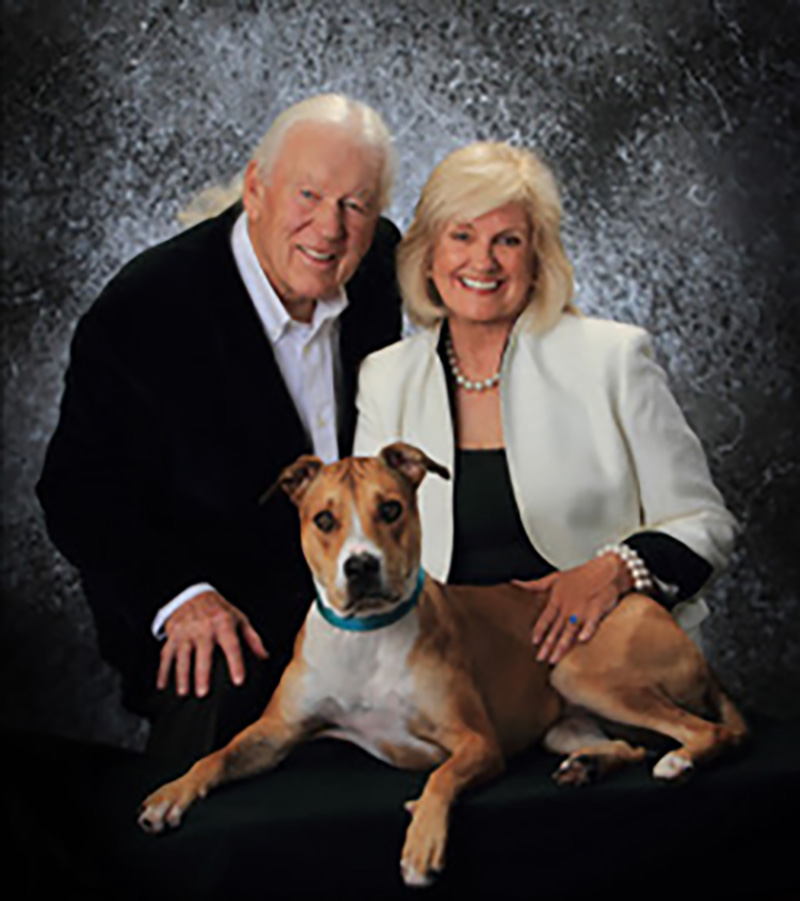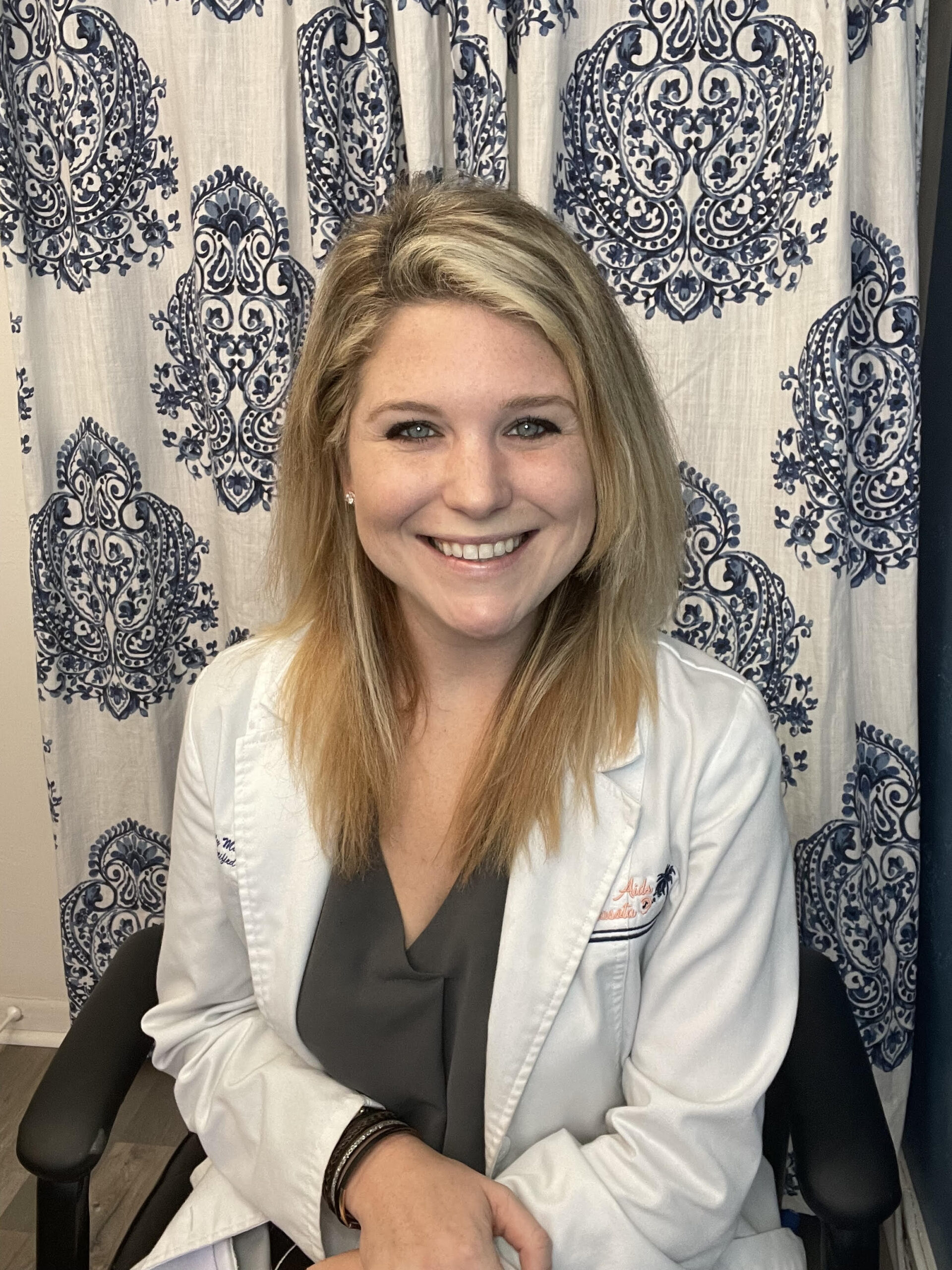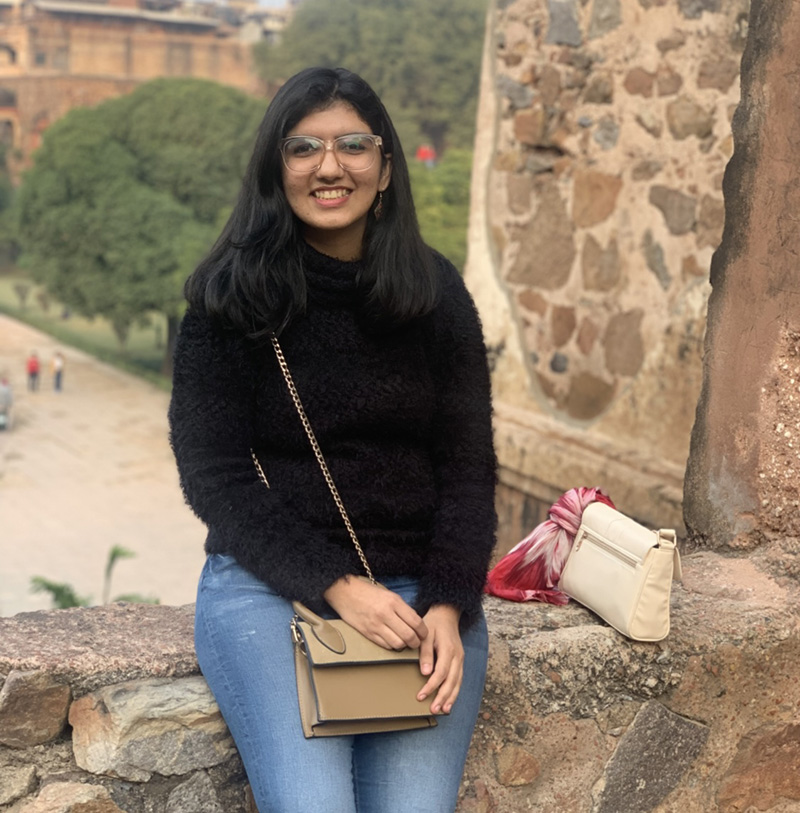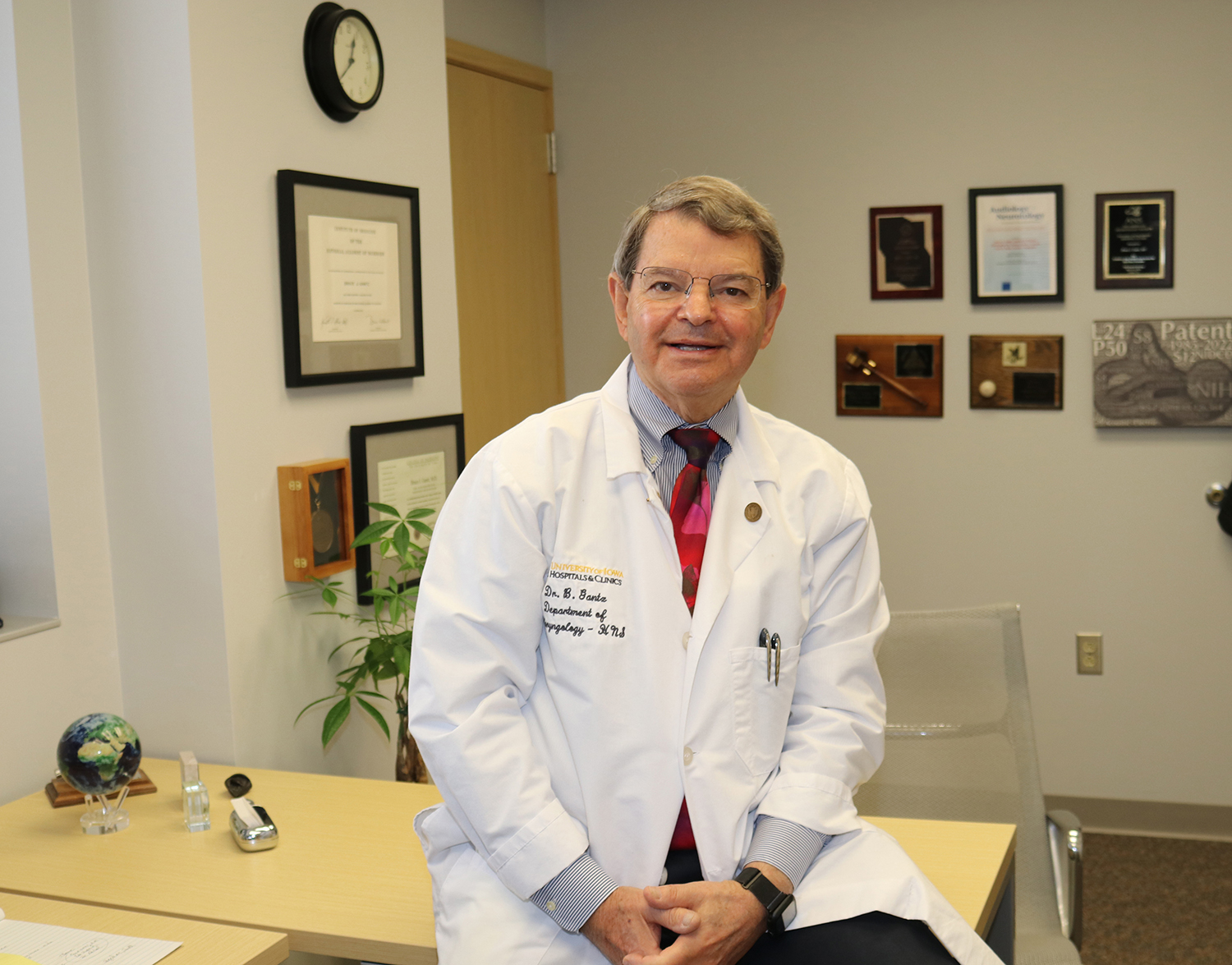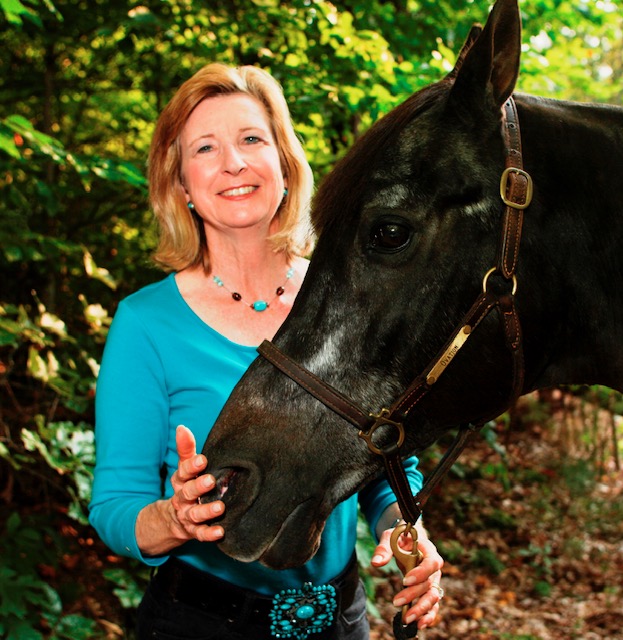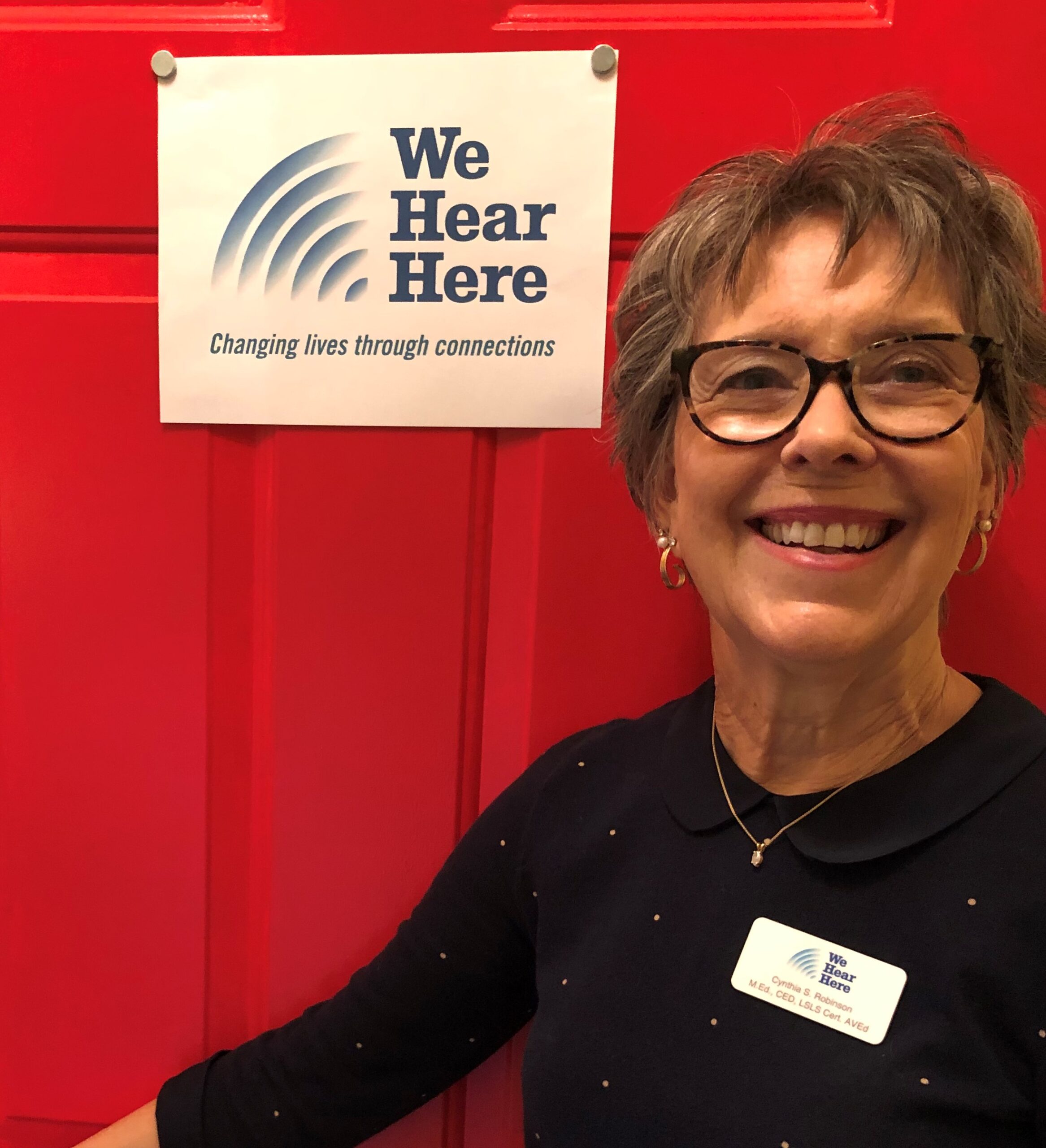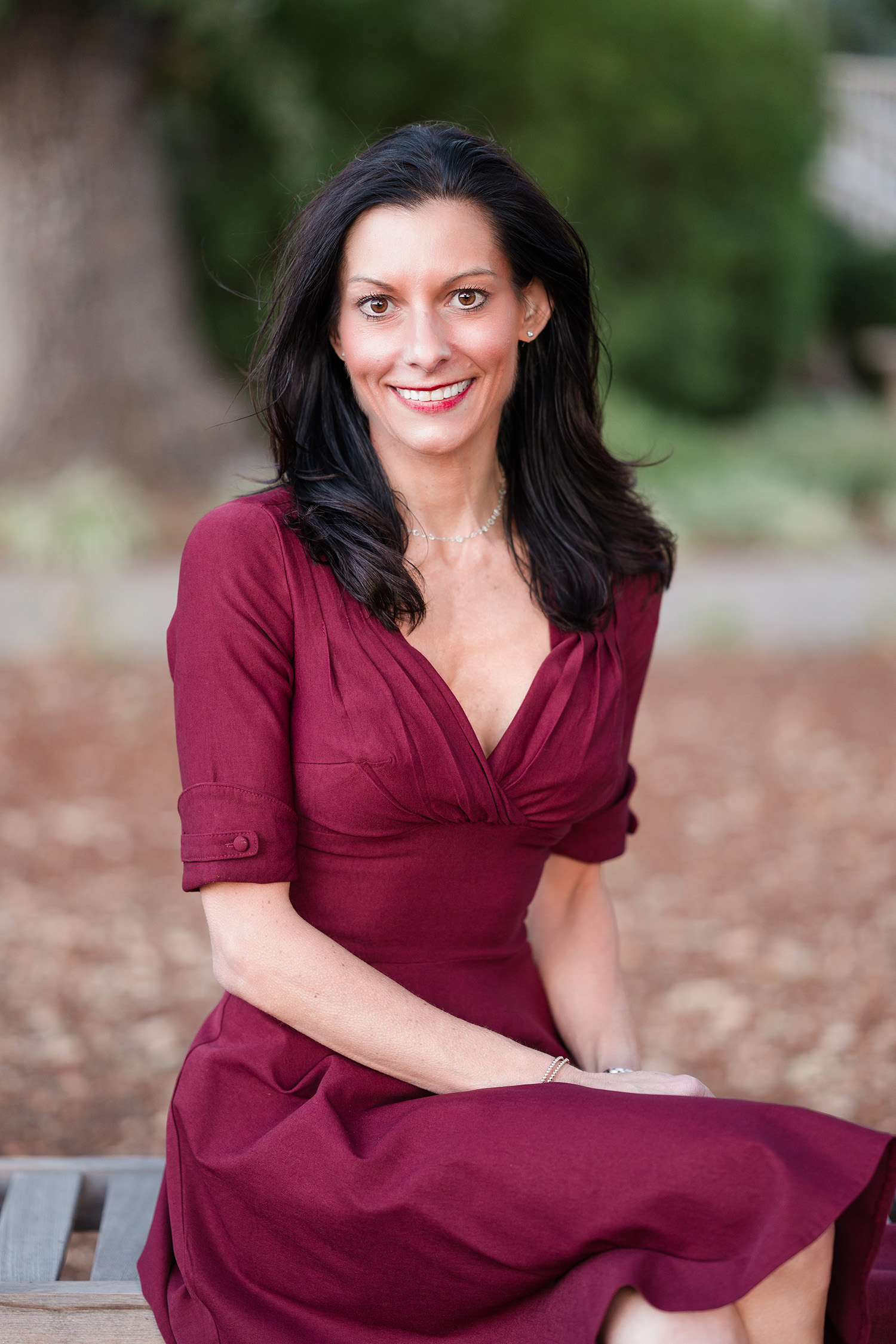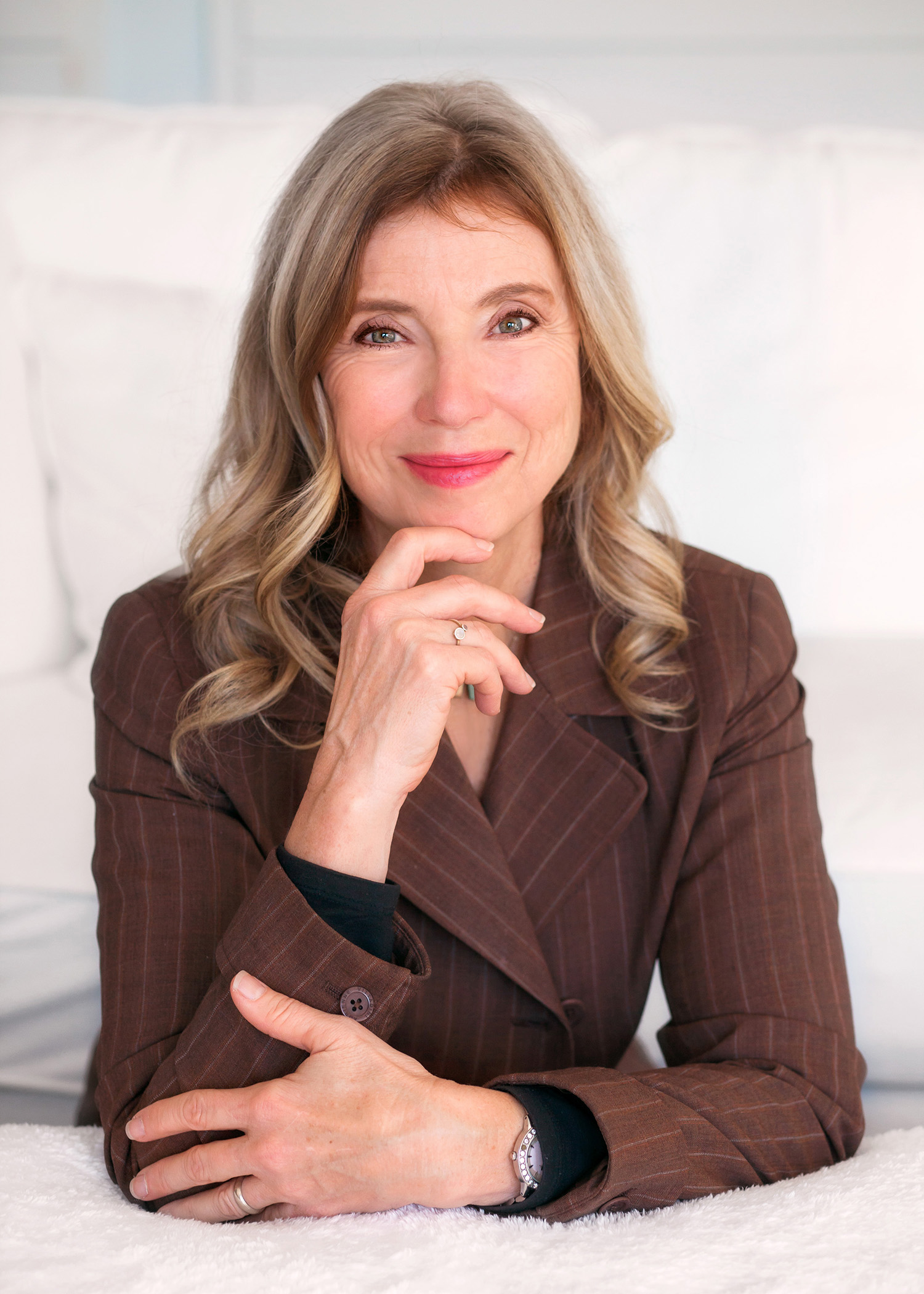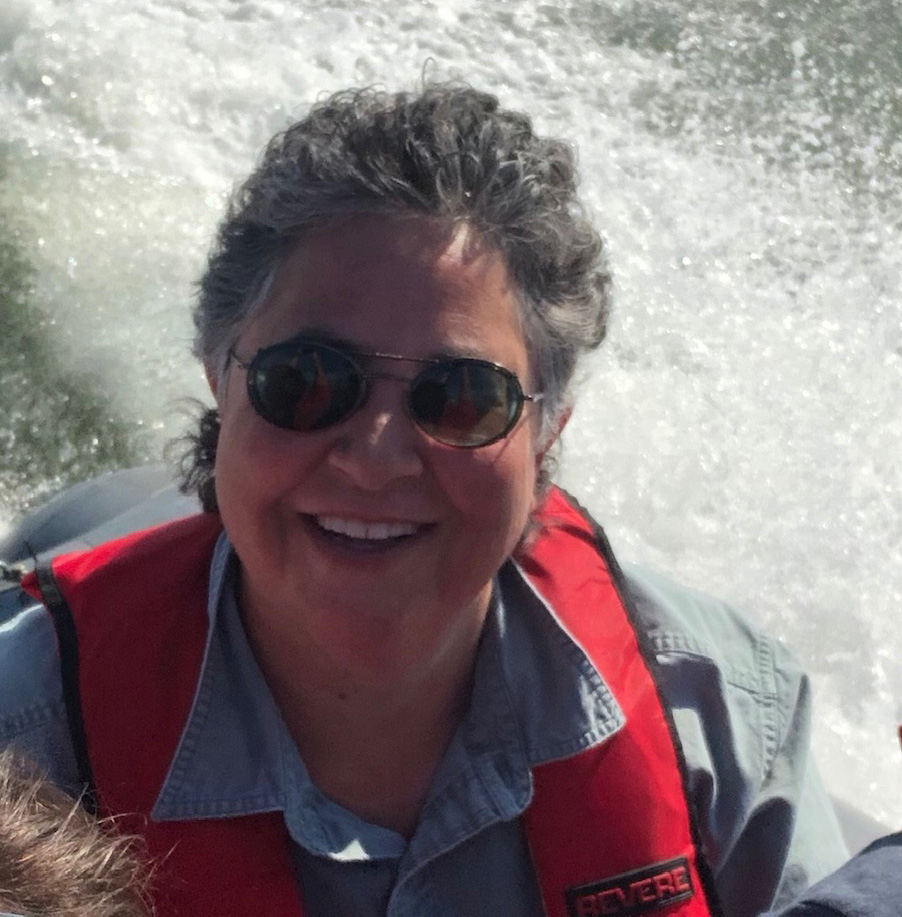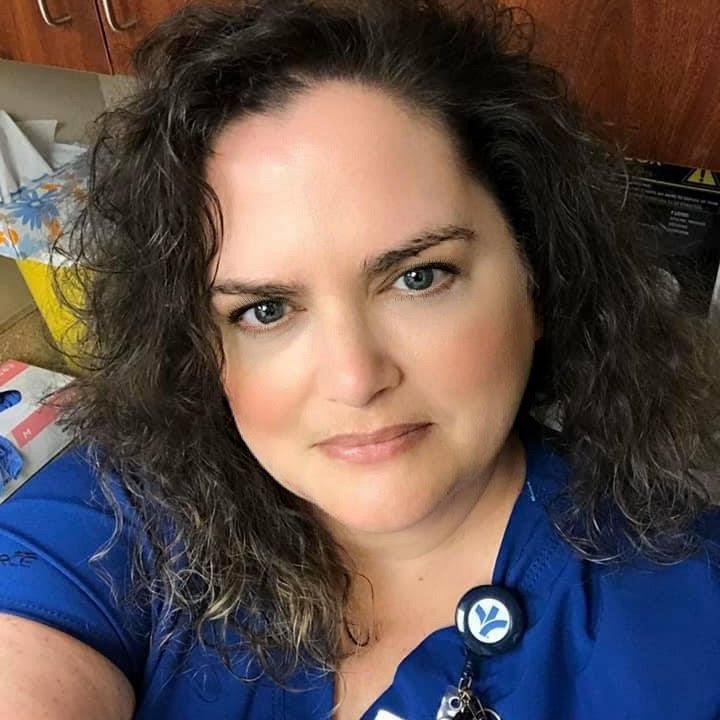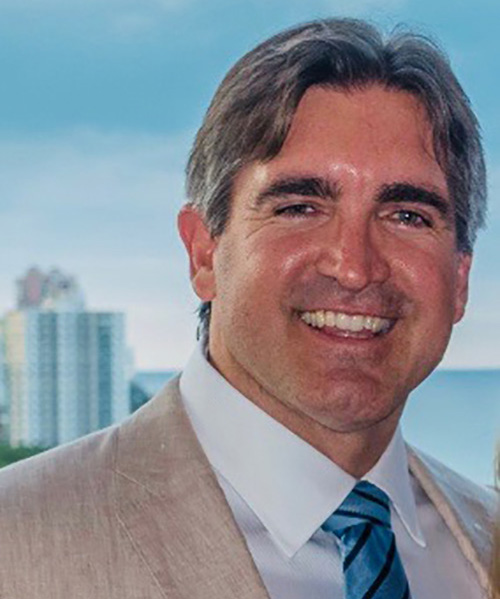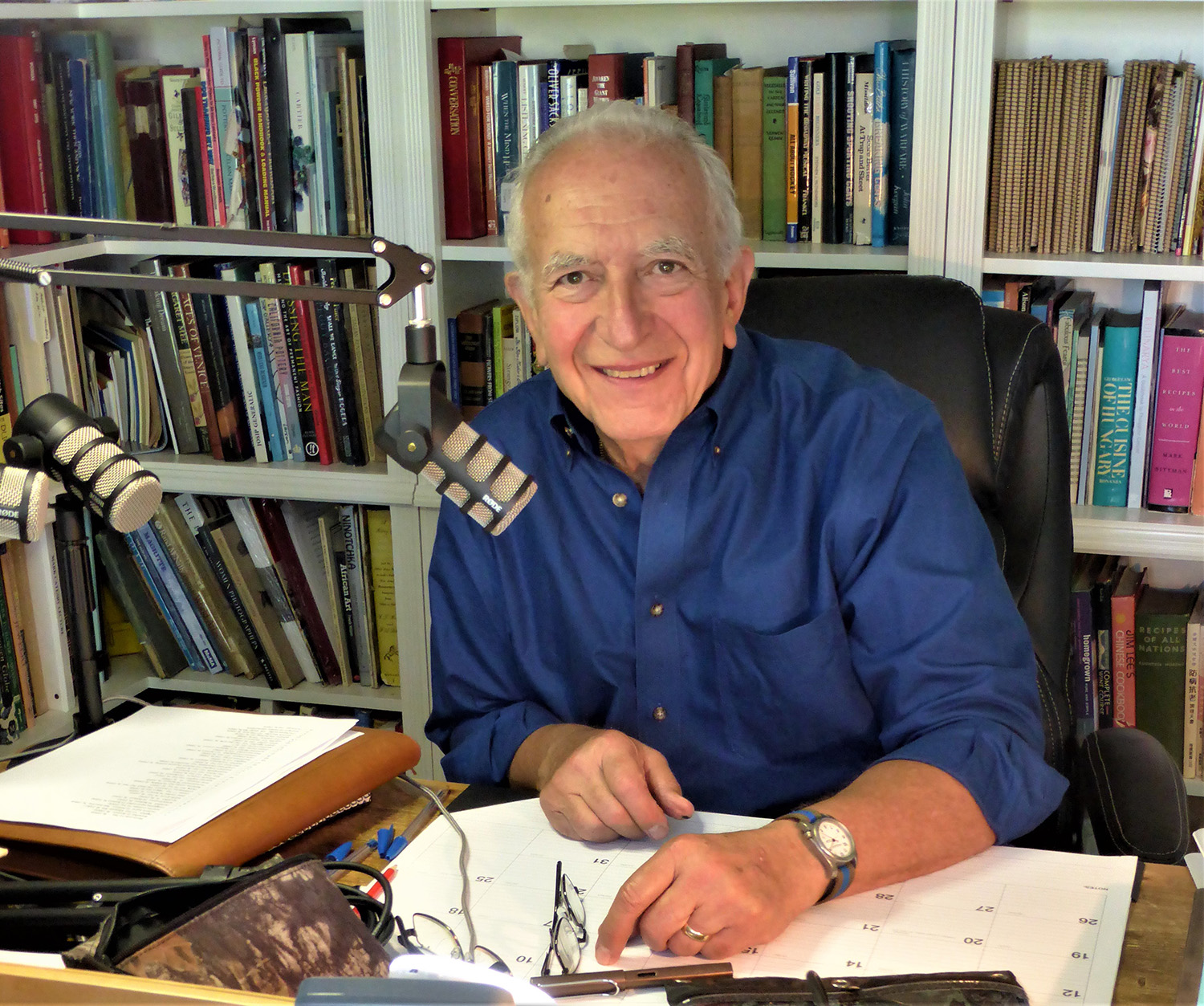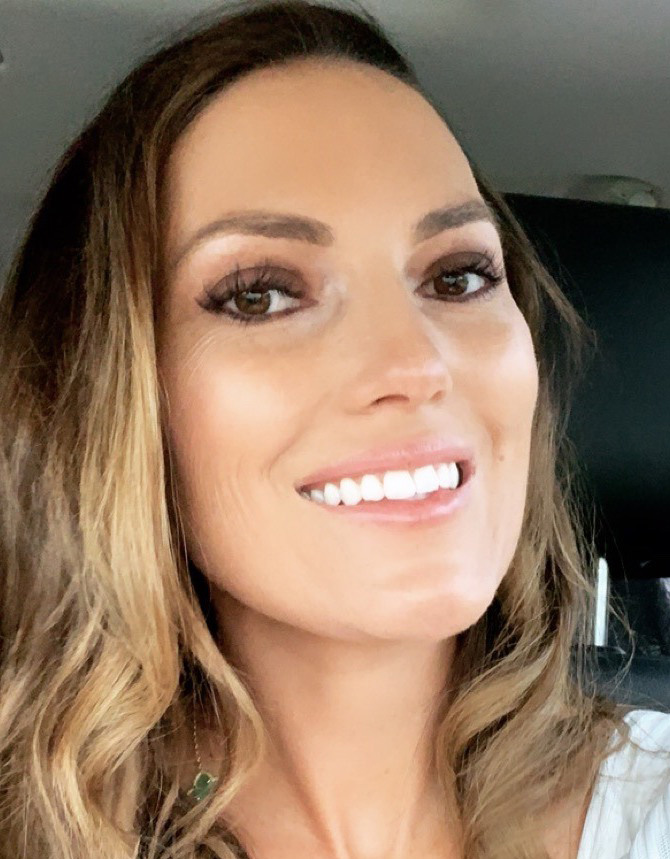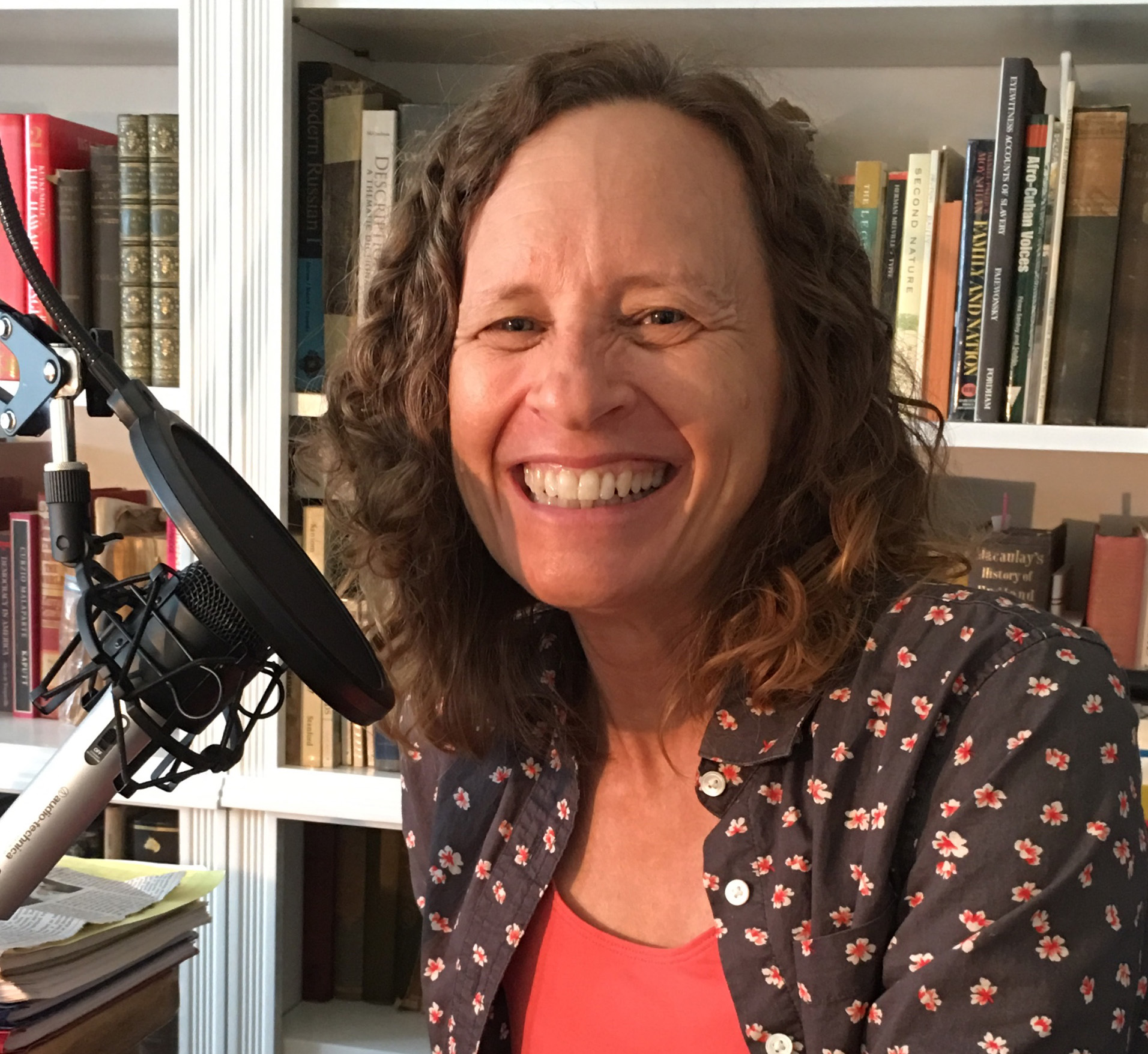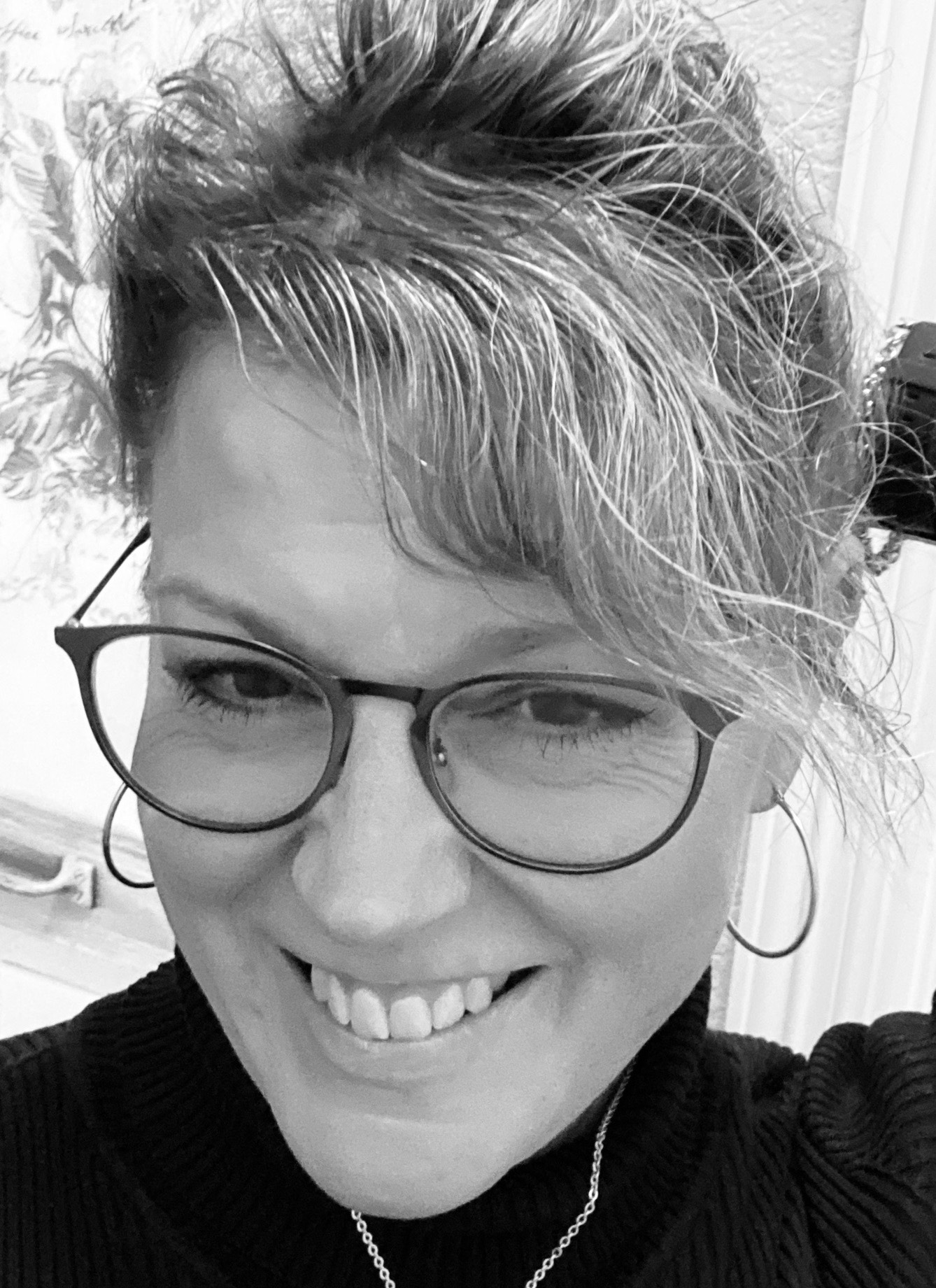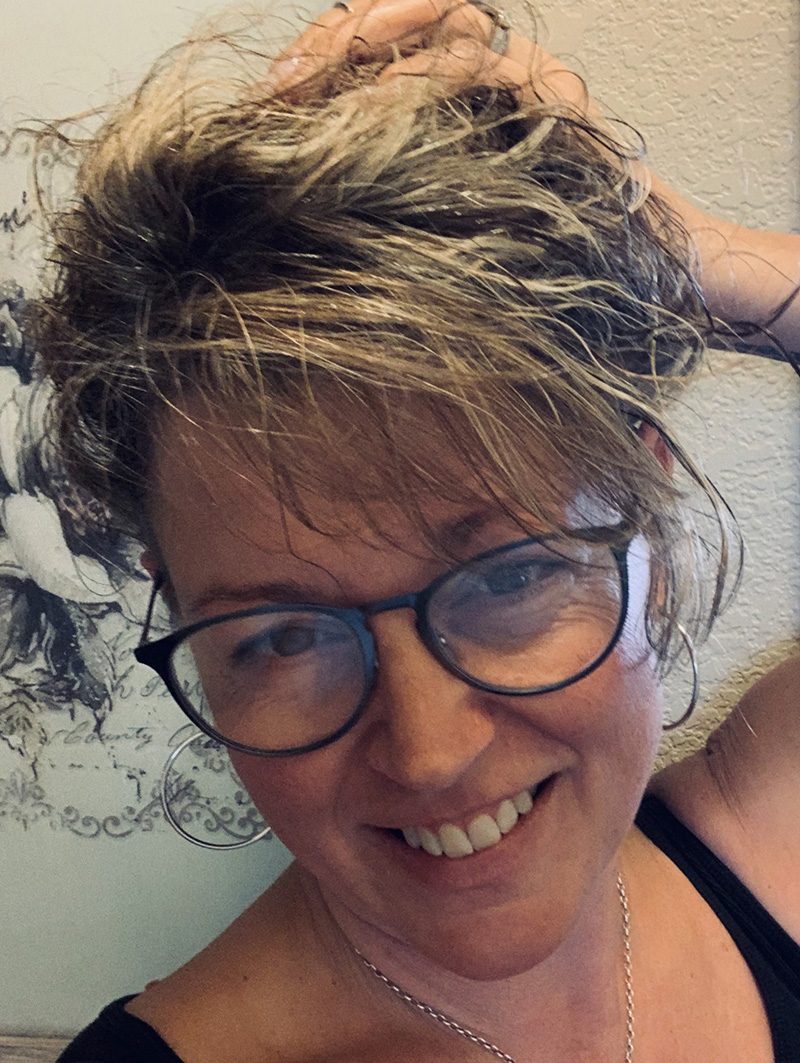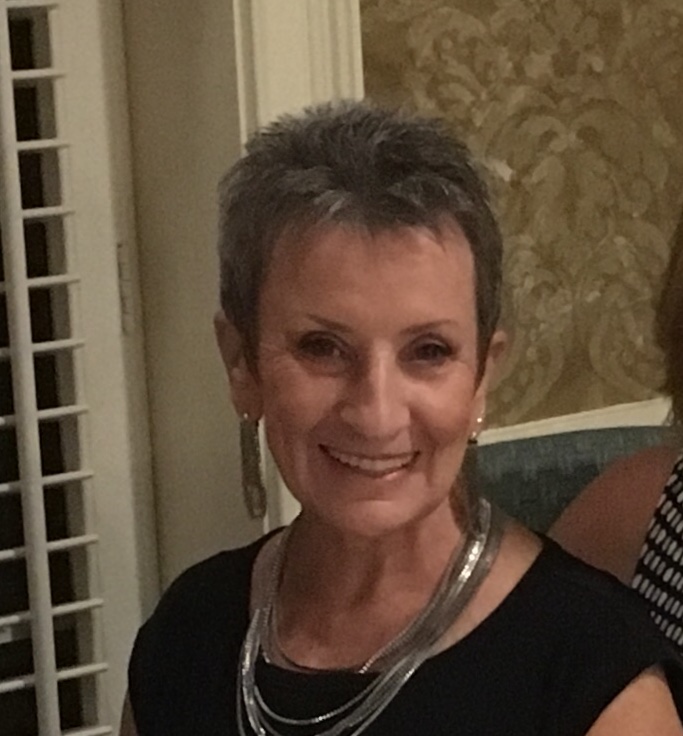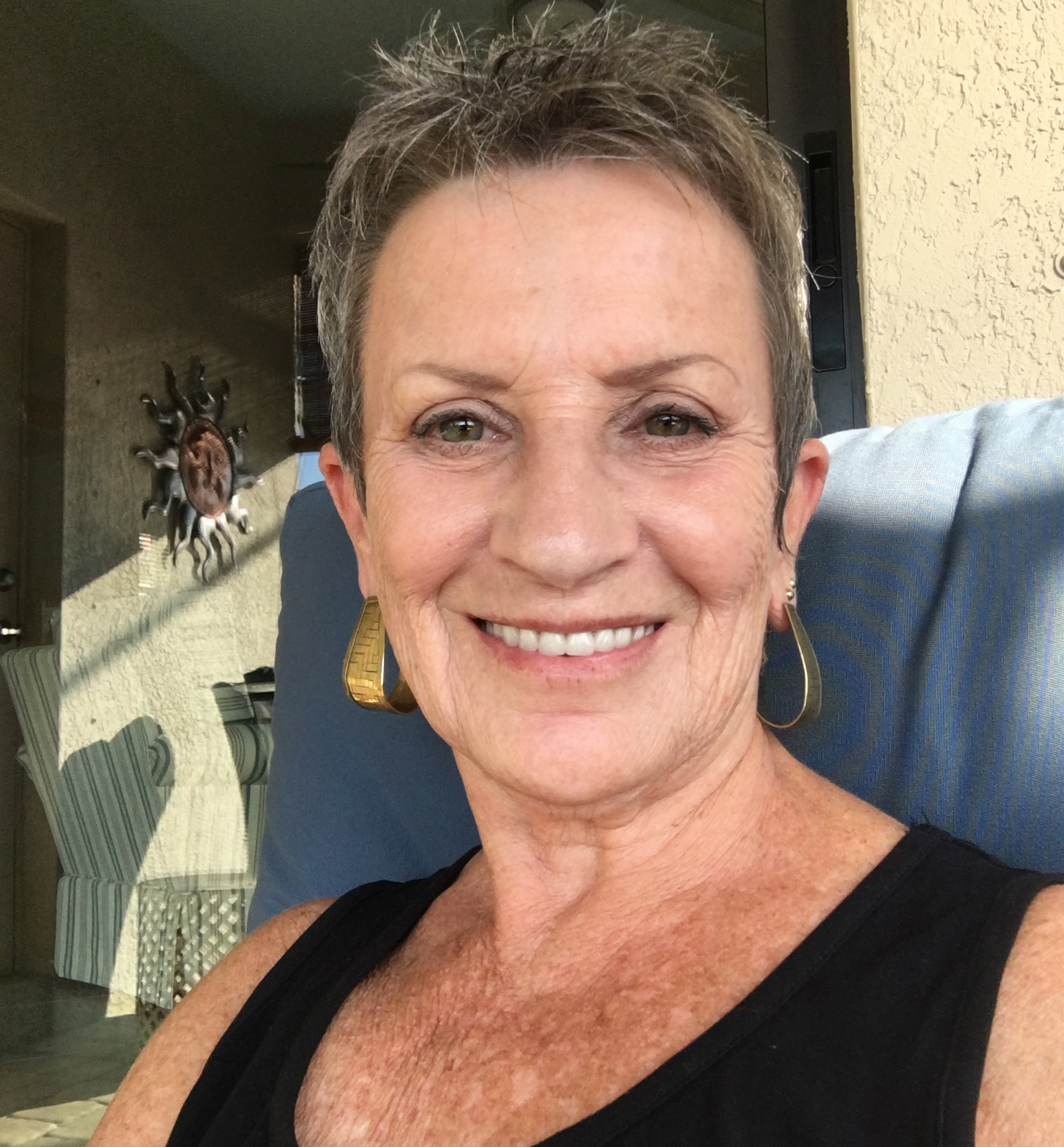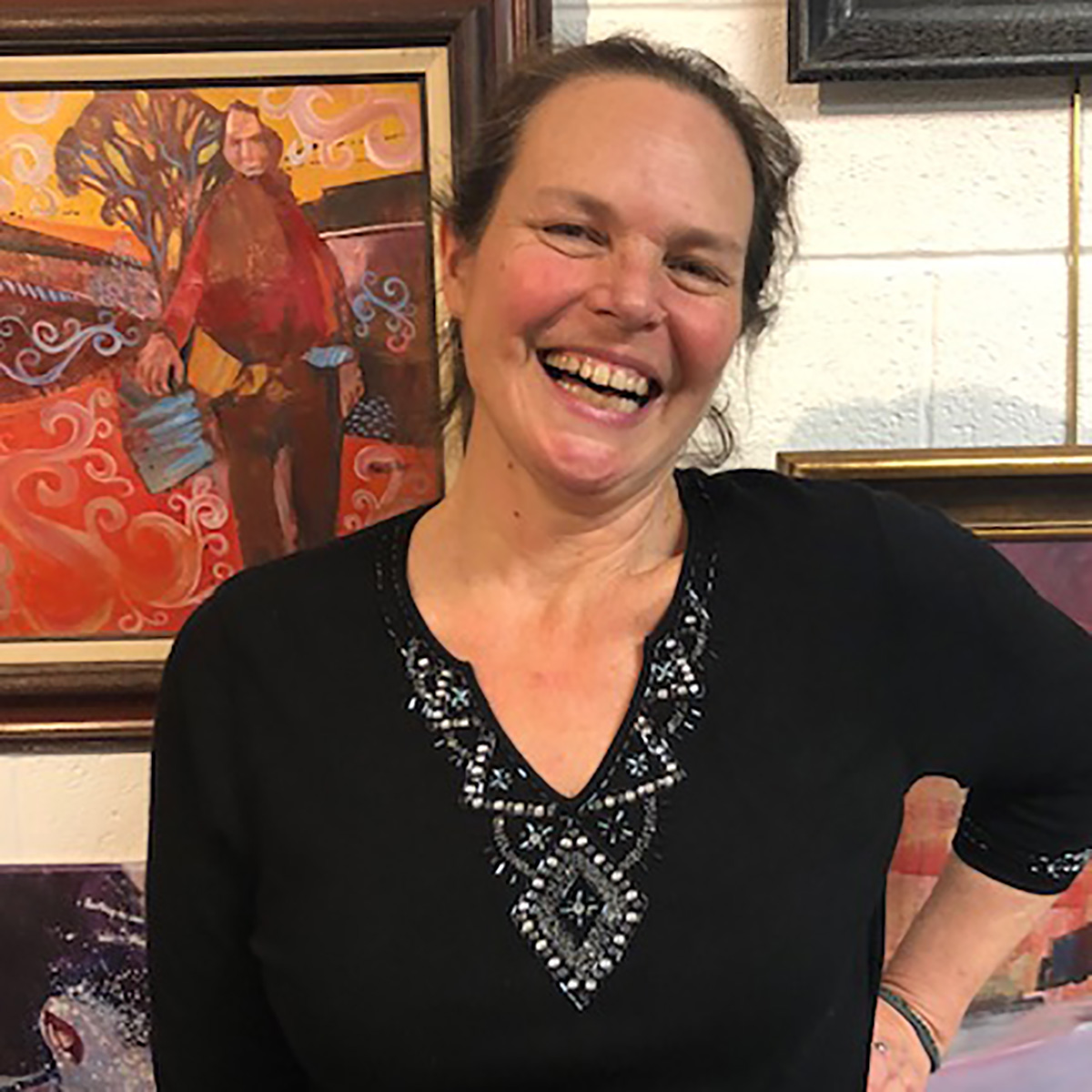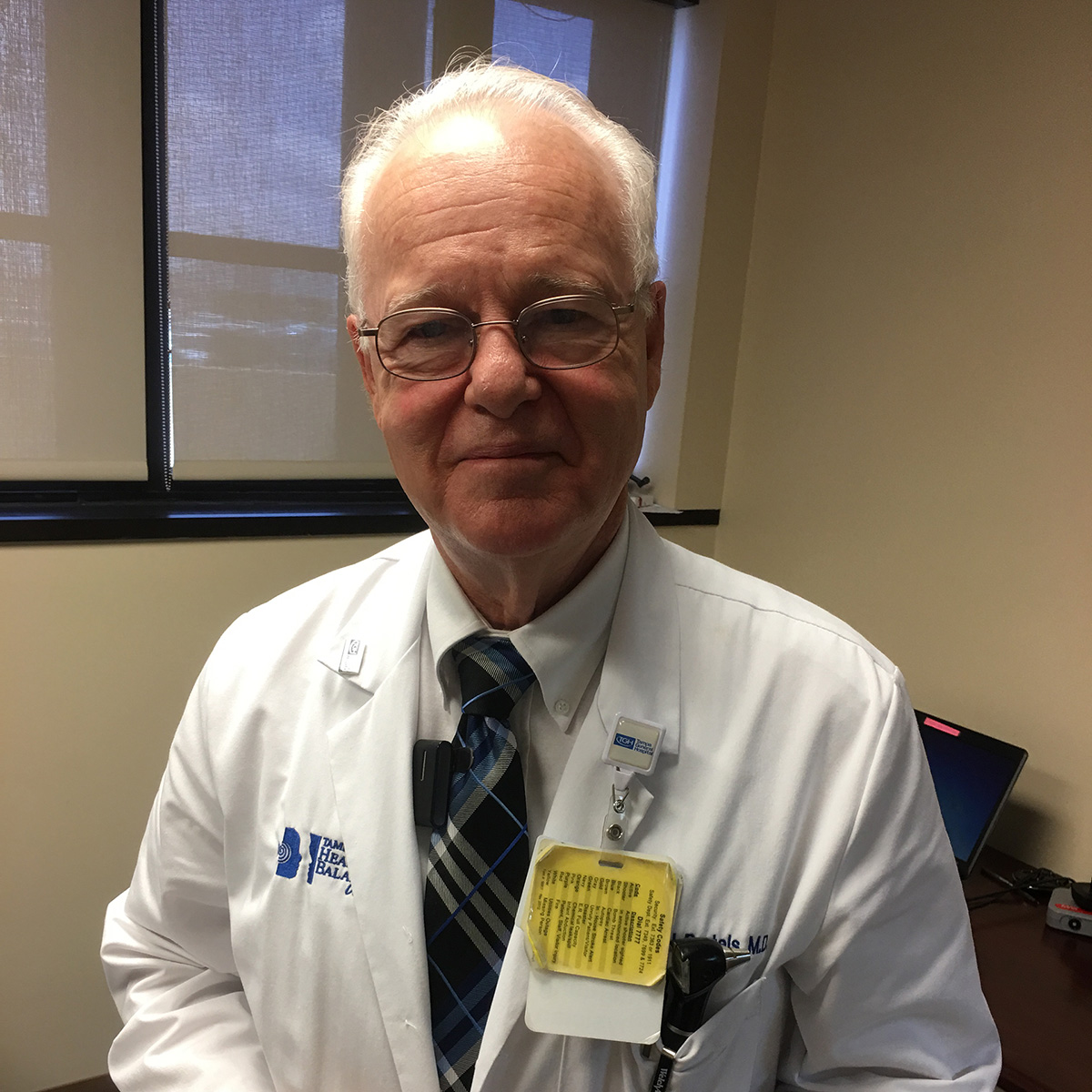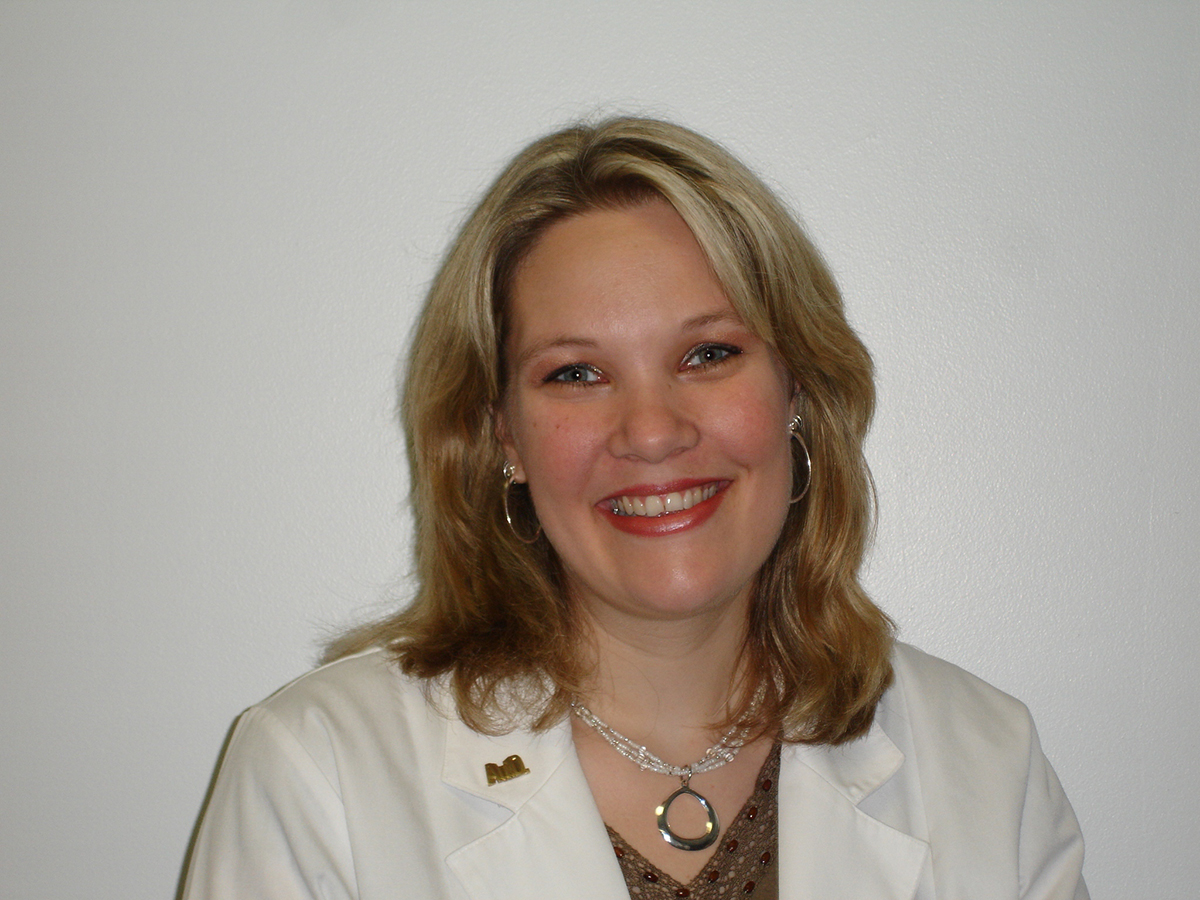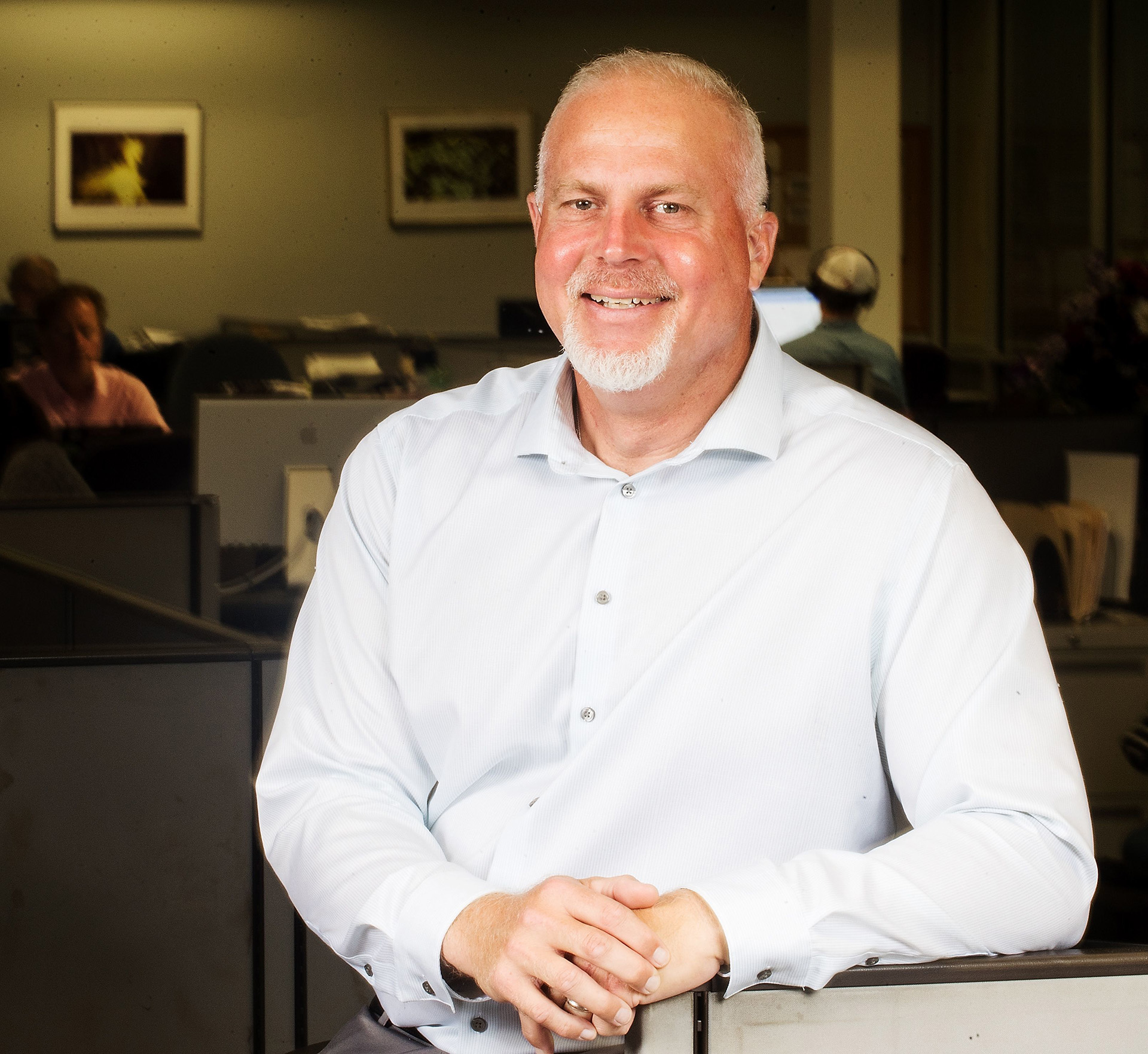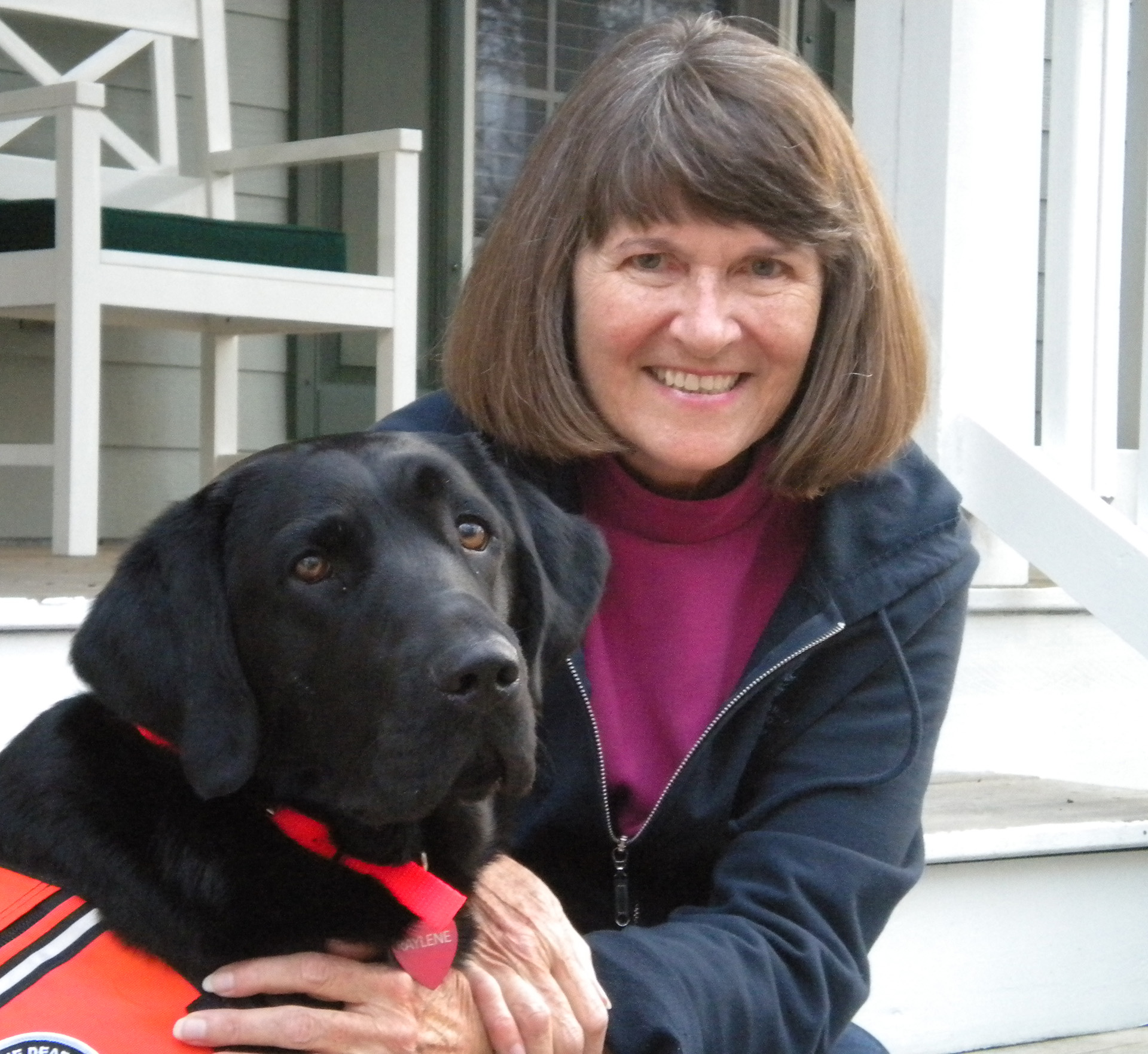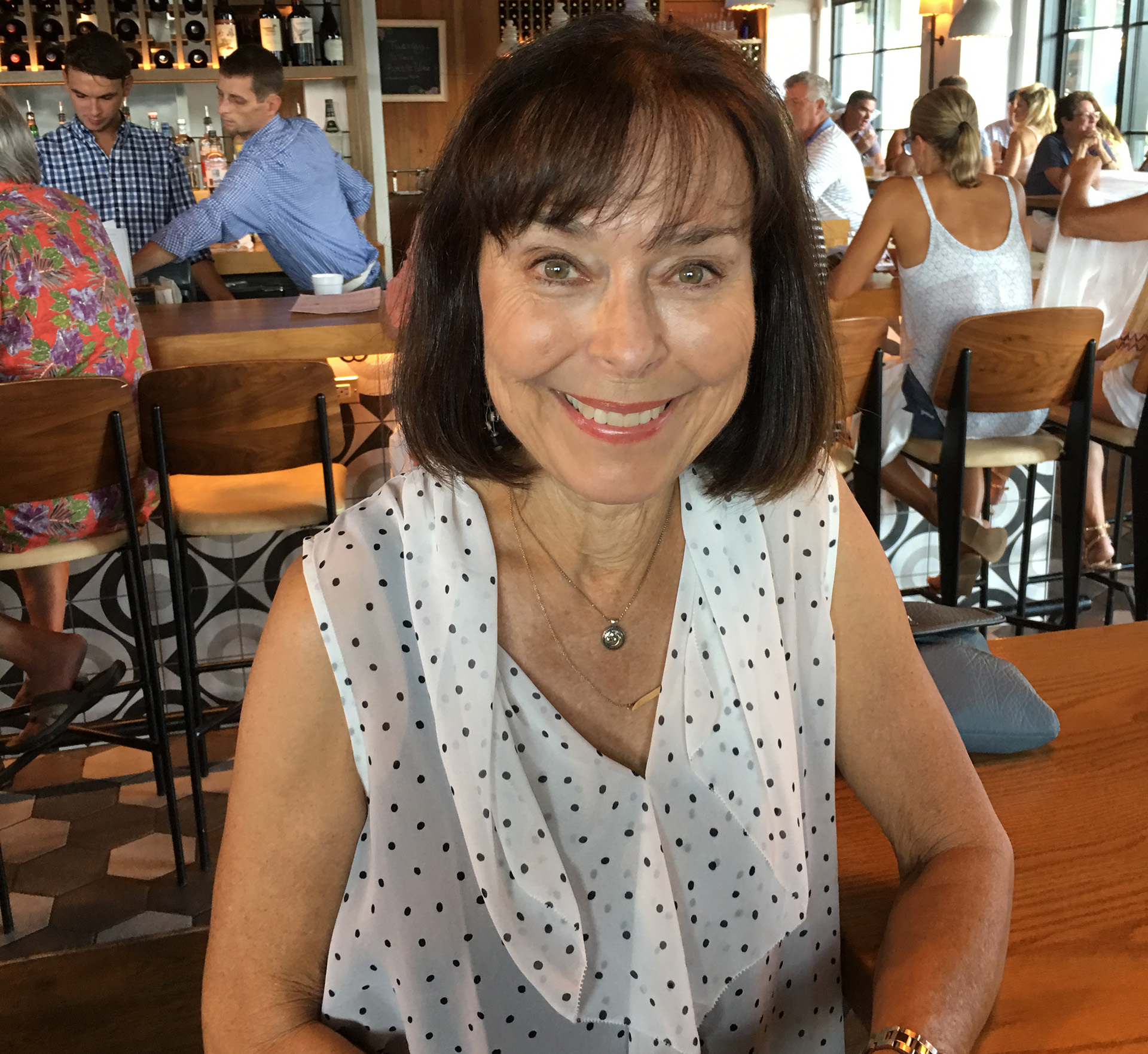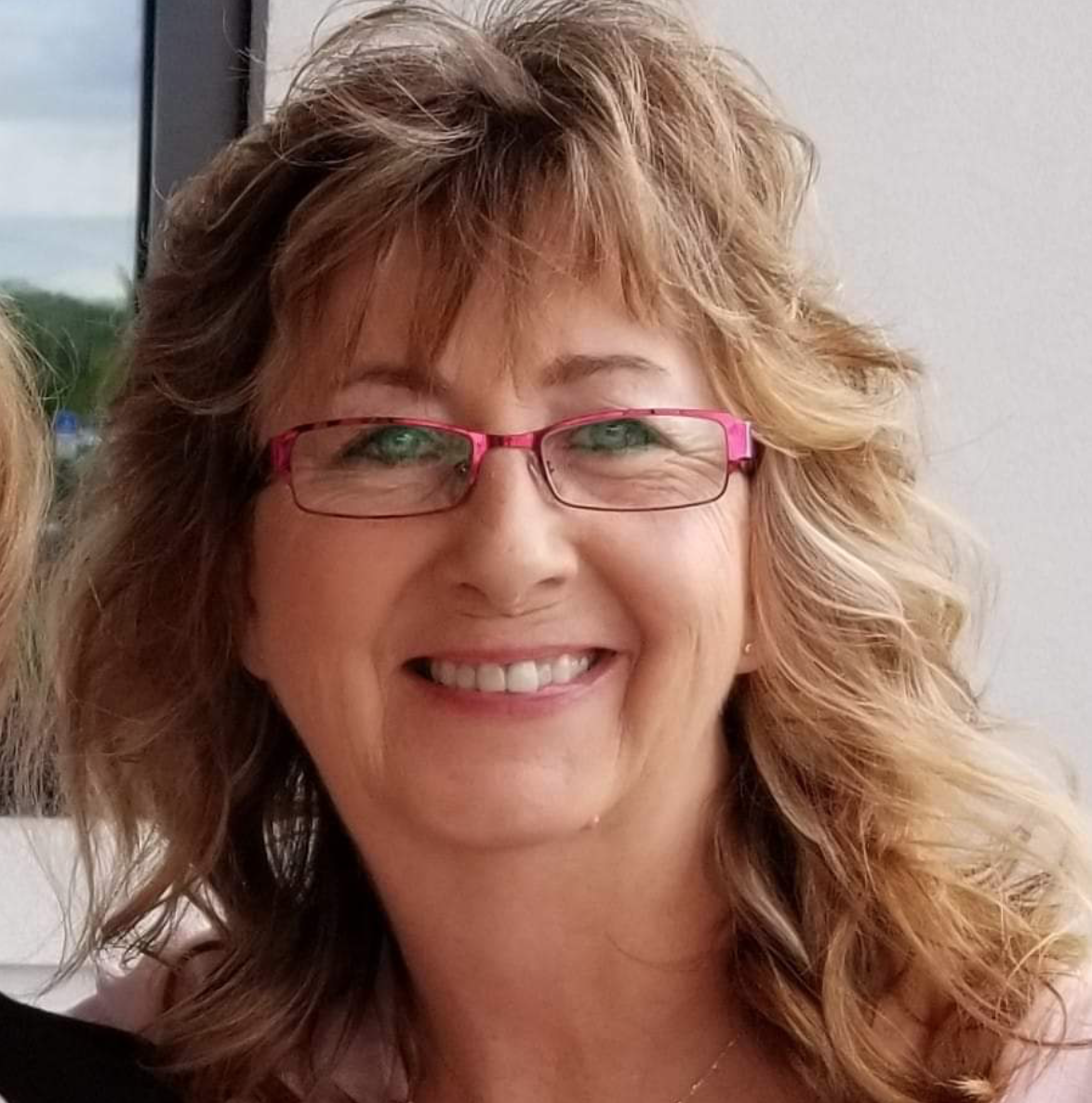PODCASTS
Our mission is simply to help those who ask, to find a way out of the isolation of deafness.
You or a loved one or a friend has discovered it is no longer possible to comprehend speech with a hearing aid.
The ENT doctor or audiologist has suggested you might investigate a cochlear implant.
You can hear sounds, but nothing makes any sense. When with friends, you sit in silence, afraid to make a statement only to be told, “We just talked about that five minutes ago.”
You might laugh at jokes when everyone is laughing but have no idea what the joke was about. You go along to get along.
When you ask people, “What did they say?” they might reply, “Never mind. It’s not important.”
You cringe from the pain of rejection.
You drift off into a sense of isolation. Social activities go by the wayside. Participating in them is too much trouble and too stressful. Phone calls have been impossible for years. You either depend upon others to make the calls for you or use captioning services that make social interaction on the phone possible but uncomfortable because of the intermediary interpreter.
We are here to tell you; those days may be over for you. Cochlear implants may be the solution to ending all of the isolating and socially embarrassing incidents mentioned above.
Cochlear Implant Basics is exactly what the title implies. It is a guide designed for those who are just starting their investigation into the possibility of restored hearing. It is for those (and we have been in your shoes) who are clueless what questions to ask at this point. It will not be filled with medical jargon or confusing terms or explanations. Once you become familiar with the basics and if you wish to move on to the next level of research, we will point the way.
Cochlear Implant Basics consists of podcast (with transcripts) with candidates and recipients of cochlear implants. There are also interviews with surgeons and other professional who serve the hard of hearing and deaf community. It is not sponsored by anyone, and it is not brand specific. All brands of cochlear implant are welcome and treated with respect.
It has been produced with you in mind, whether it is for yourself, a loved one or a friend. It will give you the working knowledge to interact with professionals and do your own research down the road.
For those who prefer a book over reading on a screen, twenty-five of the interviews, along with rehabilitation tips and sources, are available in the print edition found on Amazon.


